Imperial College London offers 3 intakes throughout the year. The Autumn intake (September) is considered the main intake, while Spring (January) and Summer intakes (May) are considered the secondary intakes.
- PG admission deadline: Rolling admissions (except selected programs with set deadlines)
- UG admission deadline: 14 January 2026 (equal consideration) | later deadlines available via UCAS
- ATAS submission deadline: 17 July 2026
Indian students applying to Imperial College London need to meet clear academic and English language requirements. For postgraduate courses, most programs require 60-70% in a relevant undergraduate degree, depending on the course. Undergraduate admissions are based on Class XII results, typically requiring 90-92% overall across five subjects, with higher scores in relevant subjects.
English language requirements usually range from IELTS 6.5 to 7.0 overall, depending on the program. Students must also submit key documents such as academic transcripts, a personal statement, two references, a valid passport, and English language evidence, along with any additional requirements such as ATAS or interviews, to support their application.
Imperial College London UG Admission Deadlines
Imperial College London accepts its Undergraduate admissions through the UCAS portal. However, it does not take part in UCAS clearing.
| Date | Event / Deadline | Notes for Indian Students |
|---|---|---|
| 14 January 2026 | Equal consideration deadline (most UG courses) |
Submit your UCAS application by this date. Exception: Medicine deadline is 15 October 2025. Apply early for CBSE/ISC docs & tests. |
| March 2026 (late March) | Application decisions released | Track via UCAS Hub. Expect offers, rejections, or interviews. |
| 13 August 2026 (Thursday) | Results day | UCAS confirms conditional offers if grades are met. |
If you have missed the UCAS equal consideration deadline (14 Jan 2026), you can still apply for admission as UCAS offers multiple admission deadlines. Check out UCAS Admission Deadlines for the September 2026 intake.
Imperial College London PG Admission Deadlines
Imperial College London does not publish application deadlines for all postgraduate courses. If a postgraduate program is not listed under departments that follow application rounds, there is no fixed deadline. Applications are accepted until all available places are filled. Admission deadlines for September 2026 entry (round 1) have passed.
The application deadlines and rounds mentioned below apply only to the following faculties:
- Imperial Business School
- Faculty of Engineering
- Faculty of Natural Science
- Faculty of Medicine
| Admission Rounds | Application Deadlines | Interview Dates | Admission Decision Dates |
|---|---|---|---|
| 2 | 13 January 2026 | 2 - 20 February 2026 | 13 March 2026 |
| 3 | 17 March 2026 | 30 March - 17 April 2026 | 1 May 2026 |
| 4 | 28 April 2026 | 18 - 29 May 2026 | 19 June 2026 |
The MBA at Imperial College London has Multiple deadlines and admission rounds. Check out our MBA admission at Imperial College London 2026.
Note: International students are advised to apply by 30 June 2026 to ensure that Imperial can issue their CAS (Confirmation of Acceptance for Studies) with sufficient time to apply for a UK student visa.
Imperial College London PG Courses and Eligibility
Imperial College London offers more than 200 master’s programs across full-time, part-time, and online study modes, with a 1-year course duration. The university is particularly renowned for popular fields such as Business, Data Science, and Computing.
| Course Name | Annual Fees in GBP | Annual Fees in INR | Tips for Indian Students |
|---|---|---|---|
| MSc Finance | GBP 51,000 | INR 61.3 Lakh | • Requires a strong quantitative background (mathematics, economics, engineering) • Knowledge of calculus, probability, and linear algebra is expected • GMAT/GRE is optional, but can strengthen the application |
| MBA | GBP 78,000 | INR 93.8 Lakh | • Applicants should demonstrate leadership, career progression, and clear post-MBA goals • A strong professional profile is critical • A compelling personal statement is essential for admission |
| MSc Statistics Data Science | GBP 39,900 | INR 48 Lakh | • Best suited for students with strong statistics, mathematics, or analytical training • Prior coursework in statistics, probability, and data analysis is important • High academic grades are essential |
| MSc Computing | GBP 46,000 | INR 55.3 Lakh | • Applicants should have a solid foundation in computer science or related fields • Programming experience is key • Relevant projects, internships, or research strengthen the profile |
| MSc Business Analytics | GBP 47,000 | INR 56.5 Lakh | • Requires a quantitative UG degree (engineering, maths, statistics, computer science) • Applicants must clearly demonstrate analytical and mathematical skills in transcripts • Highlight these skills in application statements |
| MSc Artificial Intelligence | GBP 46,000 | INR 55.3 Lakh | • Emphasise a strong math foundation • Suitable for strong STEM backgrounds • Leverage Imperial’s industry links for AI roles in tech/finance/healthcare |
| MSc Strategic Marketing | GBP 45,500 | INR 54.7 Lakh | • Good for non-STEM Indians • Highlight communication and leadership skills• 93% employed in 6 months • Excellent for marketing/tech roles |
| MSc Computing Artificial Intelligence and Machine Learning | GBP 46,000 | INR 55.7 Lakh | • Ideal for CS/IT graduates • Focus on programming/portfolio • Prepares for specialist AI roles in industry/research |
For more fee-related details, check Imperial College London Course and Fees 2026
Imperial College London UG Courses and Eligibility
Indian students can choose from over 110 degree programs in key disciplines, including Science, Engineering, Medicine, and Business, making Imperial one of the top destinations for STEM-focused higher education in the UK.
| Course Name | Annual Fees in GBP | Annual Fees in INR | Tips for Indian Students |
|---|---|---|---|
| BS Physics | GBP 45,500 | INR 54.7 Lakh | • Requires excellent performance in Physics and Mathematics in Class 12 (CBSE/CISCE/State Boards) • Strong problem-solving skills are essential. Comfort with advanced mathematics is required |
| BEng Electrical and Electronic Engineering | GBP 45,500 | INR 54.7 Lakh | • Applicants should have high grades in Mathematics and Physics. • Prior exposure to circuits, electronics, or programming is beneficial • Imperial expects strong analytical ability and academic consistency |
| MBBS | GBP 58,600 | INR 70.5 Lakh | • Indian applicants must meet science prerequisites (Biology, Chemistry) • Additional selection requirements include aptitude assessments and interviews • Follow Imperial’s specific medical admissions process carefully |
| BEng Mathematics and Computer Science | GBP 45,500 | INR 54.7 Lakh | • Ideal for students with top scores in Mathematics • Strong logical thinking is crucial • Prior exposure to programming or algorithms will strengthen the application |
| BEng Computing | GBP 45,500 | INR 54.7 Lakh | • Requires a solid background in Mathematics • Coding experience is helpful but not mandatory • Imperial values academic strength and problem-solving ability |
| BS Biological Sciences | GBP 45,500 | INR 54.7 Lakh | • High competition course • Highlight strong science grades from CBSE/ISC • ATAS certificate may be required |
| BS Medical Biosciences | GBP 45,500 | INR 54.7 Lakh | • Individual assessment for Indian qualifications • Emphasise lab/research interest• No ATAS required • Great for biomedical, pharma, or consultancy careers |
| BS Medical Biosciences with Management | GBP 45,500 | INR 54.7 Lakh | • Ideal for Indians aiming at pharma/biotech leadership or consultancy • Strong ROI with business skills • ATAS may apply |
Imperial College London Admissions 2026
Admission requirements for UG and PG admission, along with the admission portal is mentioned below:
| Programs | Required Percentage | Admission Portal | Application Fees |
|---|---|---|---|
| Undergraduate | 90-92% overall across five subjects, with a score of 90 to 95% in relevant subjects | UCAS | £28.95 | ₹3,503 |
| Graduate | Tier 1 College: 60-70% in 3 to 4 years of bachelor’s | My Imperial student portal | 90-150 | ₹10,927-18,213 |
| Tier 2 College: 65-75% in 3 to 4 years of bachelor’s |
Also check: Imperial College London Scholarships
Points to Consider:
For courses starting in 2026-27 (excluding Imperial Business School):
- £90 for all Master’s applications (MSc, MPH, MRes)
Imperial Business School:
- £90 for MRes/Doctoral applications
- £125 for MSc applications
- £150 for MBA applications
Application fees are not applicable for PG certificates/diplomas and Doctoral Degrees.
Documents Required:
- Academic certificates/transcripts
- Two References
- Letter of recommendation
- English language evidence (if required)
- ATAS (if required)
- Personal statement
- Interview
Visa / CAS Documents:
- CAS issued by Imperial College London
- Valid passport
- Financial proof
Imperial College London English Language Requirements 2026
Imperial College London sets its English language requirements based on the level of language skills a course demands, and these requirements are broadly classified into two categories: Standard and Higher.
| English Language Tests | Required Scores | Notes for Indian Students |
|---|---|---|
| IELTS Academic | Standard: 6.5 overall (minimum 6.0 in all elements) |
Candidates must meet the IELTS requirements on a single test sitting. IELTS scores are to be valid for 2 years. |
| Higher: 7.0 overall (minimum 6.5 in all elements) |
||
| PTE Academic | Standard: 62 overall (minimum 56 in all elements) |
Imperial College London considers Pearson (PTE) scores to be valid for 2 years. Scores must be valid at the beginning of your studies at Imperial if your application is successful. |
| Higher: 69 overall (minimum 62 in all elements) |
||
| TOEFL iBT | Standard: 92 overall (minimum 20 in all elements) |
You must meet the entry requirement in one test from your scaled scores ('My Best Scores' reported by TOEFL will not be considered). Score reports sent via post will not be processed. |
| Higher: 100 overall (minimum 22 in all elements) |
Required Submissions:
- IELTS: Your Test Report Form Number or a scanned copy of your certificate.
- IELTS Indicator: your IELTS Indicator Score Check ID (a 15-character ID).
- TOEFL: Your 16-digit registration number or a scanned copy of your certificate.
- Pearson: Send your scores to Imperial directly, and email your Admissions team to confirm that you have referred your results.
Note: The Business School no longer offers its own pre-sessional courses or recognises other pre-sessional courses as a means of meeting the English language requirement.
Also check: Imperial College London Rankings
How to Apply for PG Courses?
- Create your account on the Imperial online application system ‘My Imperial’.
- Fill in the details mentioned below:
- Personal details
- Academic history
- English language scores
- Referees’ details
- Personal statement
- Upload any required documents (transcripts, certificates, etc.) and submit.
- Submit & Pay: Complete your application and pay the relevant fee.
- Manage via My Imperial: After submission, your My Imperial portal will be used to track progress, communicate, and complete next steps like online enrolment.
Note: You can apply for up to two courses in an academic year, only one of which can be for Imperial Business School.
Imperial College London Acceptance Rate
Imperial College London’s overall undergraduate acceptance rate has gradually decreased in recent years, ranging from 13.4 % in 2020 to 10.6 % in 2024, meaning roughly 1 in 9-10 applicants secures a place. For postgraduate taught programs, acceptance rates have remained slightly higher, around 13–15 % over the same period. The official data from 2020–2024 is as follows:
| Year of Entry | Undergraduate Acceptance Rate | Postgraduate (Taught) Acceptance Rate |
|---|---|---|
| 2020 | 13.4 % | 13 % |
| 2021 | 11.4 % | 13 % |
| 2022 | 10.7 % | 13 % |
| 2023 | 10.2 % | 15 % |
| 2024 | 10.6 % | 15 % |
Also check: Imperial College London Accommodations
Imperial College London is a highly competitive choice for Indian students applying for the 2026 intake. With fixed UCAS deadlines for undergraduate courses and flexible, availability-based timelines for postgraduate programs, early application is strongly advised. Meeting academic, English language, and document requirements on time will improve admission chances and ensure smooth visa and CAS processing. Careful planning and early submission are key to securing a place at Imperial.
FAQs
Ques: Can I apply for deferred entry?
Ans: Yes, you can apply for deferred entry. However, please be aware that students returning from a gap year often struggle in Maths degrees unless they have been trying to continue their studies during the year. Please also note that if you are applying for deferred entry, you will still need to meet the conditions attached to any offers you receive by the end of August of the calendar year you are applying in.
Ques: What should I include in my personal statement?
Ans: Since entry to our course is highly competitive, motivation will play a part in our decision-making process, so we expect to see a commitment to mathematics in its own right in the UCAS personal statement as well as broader engagement with all areas of mathematics.
Ques: How to get admission in ICL as an undergraduate applicant?
Ans: The steps of applying for admission to Imperial College London are as follows:
- Step 1: Create an account in UCAS Hub
- Step 2: Select a program
- Step 3: Check admission requirements and test requirements
- Step 4: Write a personal statement
- Step 5: Apply by January 14, 2026/ February 26, 2026
- Step 6: Check your application status
- Step 7: If you receive an admission offer, reply within the deadline
- Step 8: Pay tuition fees
College Student Profiles
Imperial College London Program Fees & Deadlines
| Program | Important Dates | Fees | Application Fees | Eligibility | Financial Aid |
|---|---|---|---|---|---|
MS Finance 1 year | Round 2 Decision Deadline for August 2026 Intake (4th Mar 2026) Round 3 Application Deadline for August 2026 Intake (11th Mar 2026) Round 4 Application Deadline for August 2026 Intake (29th Apr 2026) Round 3 Decision Deadline for August 2026 Intake (6th May 2026) Round 4 Decision Deadline for August 2026 Intake (17th Jun 2026) | USD 69,870 /Yr GBP 51,000 /Yr | 125 | Grade: 65%, TOEFL: 100, IELTS: 7.0, Duolingo: 125, PTE: 69 | |
MBA 1 year | Round 2 Decision Deadline for September 2026 Intake (13th Mar 2026) Round 3 Application Deadline for September 2026 Intake (17th Mar 2026) Round 4 Application Deadline for September 2026 Intake (28th Apr 2026) Round 3 Decision Deadline for September 2026 Intake (1st May 2026) Round 4 Decision Deadline for September 2026 Intake (19th Jun 2026) | USD 106,860 /Yr GBP 78,000 /Yr | 150 | Grade: 65%, TOEFL: 100, IELTS: 7.0, Duolingo: 125, PTE: 69 | |
MSc Computing 1 year | Round 2 Decision Date for September 2026 Intake (4th Mar 2026) Round 3 Application Deadline for September 2026 Intake (11th Mar 2026) Round 4 Application Deadline for September 2026 Intake (29th Apr 2026) Round 3 Decision Date for September 2026 Intake (6th May 2026) Round 4 Decision Date for September 2026 Intake (2nd Jul 2026) | USD 63,020 /Yr GBP 46,000 /Yr | 125 | Grade: 65%, TOEFL: 100, IELTS: 7.0, Duolingo: 125, PTE: 69 | |
Round 2 Decision Date for September 2026 Intake (4th Mar 2026) Round 3 Application Deadline for September 2026 Intake (11th Mar 2026) Round 4 Application Deadline for September 2026 Intake (29th Apr 2026) Round 3 Decision Date for September 2026 Intake (6th May 2026) Round 4 Decision Date for September 2026 Intake (2nd Jul 2026) | USD 54,663 /Yr GBP 39,900 /Yr | 90 | Grade: 65%, TOEFL: 100, IELTS: 7.0, Duolingo: 125, PTE: 69 | ||
MSc Business Analytics 1 year | Round 2 Decision Deadline for August 2026 Intake (4th Mar 2026) Round 3 Application Deadline for August 2026 Intake (11th Mar 2026) Round 4 Application Deadline for August 2026 Intake (29th Apr 2026) Round 3 Decision Deadline for August 2026 Intake (6th May 2026) Round 4 Decision Deadline for August 2026 Intake (17th Jun 2026) | USD 64,390 /Yr GBP 47,000 /Yr | 125 | Grade: 65%, TOEFL: 100, IELTS: 7.0, Duolingo: 125, PTE: 69 | |
Round 2 Decision Deadline for August 2026 Intake (4th Mar 2026) Round 3 Application Deadline for August 2026 Intake (11th Mar 2026) Round 4 Application Deadline for August 2026 Intake (29th Apr 2026) Round 3 Decision Deadline for August 2026 Intake (6th May 2026) Round 4 Decision Deadline for August 2026 Intake (17th Jun 2026) | USD 63,020 /Yr GBP 46,000 /Yr | 90 | Grade: 65%, TOEFL: 100, IELTS: 7.0, Duolingo: 125, PTE: 69 | ||
MSc Strategic Marketing 1 year | Round 2 Decision Deadline for September 2026 Intake (4th Mar 2026) Round 3 Application Deadline for September 2026 Intake (11th Mar 2026) Round 4 Application Deadline for September 2026 Intake (29th Apr 2026) Round 3 Decision Deadline for September 2026 Intake (6th May 2026) Round 4 Decision Deadline for September 2026 Intake (17th Jun 2026) | USD 62,335 /Yr GBP 45,500 /Yr | 125 | Grade: 65%, TOEFL: 100, IELTS: 7.0, Duolingo: 125, PTE: 69 | |
MPH 1 year | Application Deadline For September 2026 Intake (30th Jun 2026) | USD 64,801 /Yr GBP 47,300 /Yr | 90 | Grade: 65%, TOEFL: 100, IELTS: 7.0, Duolingo: 125, PTE: 69 | |
Round 2 Decision Deadline for September 2026 Intake (4th Mar 2026) Round 3 Application Deadline for September 2026 Intake (11th Mar 2026) Round 4 Application Deadline for September 2026 Intake (29th Apr 2026) Round 3 Decision Deadline for September 2026 Intake (6th May 2026) Round 4 Decision Deadline for September 2026 Intake (17th Jun 2026) | USD 60,006 /Yr GBP 43,800 /Yr | 80 | 65% to 70%, IELTS: 6.5, DET: 115, Duolingo-115 | ||
Round 2 Decision Deadline for August 2026 Intake (4th Mar 2026) Round 3 Application Deadline for August 2026 Intake (11th Mar 2026) Round 4 Application Deadline for August 2026 Intake (29th Apr 2026) Round 3 Decision Deadline for August 2026 Intake (6th May 2026) Round 4 Decision Deadline for August 2026 Intake (17th Jun 2026) | USD 69,870 /Yr GBP 51,000 /Yr | 125 | Grade: 65%, TOEFL: 100, IELTS: 7.0, Duolingo: 125, PTE: 69 |
Do you think the Dates are wrong ? Report Here
Important Alerts
| Events | Dates |
|---|---|
| Finance Round 2 Decision Deadline for August 2026 Intake | Closing in 13 days |
| Finance Round 3 Application Deadline for August 2026 Intake | Closing in 20 days |
| Computing Round 2 Decision Date for September 2026 Intake | Closing in 13 days |
Course Finder - Search from 50K+ courses
Popular Streams:
Reviews
27 Reviews Found
Likes
- The professors and the curriculum
- The infrastructure, the campus is very pretty and modern
- The location in central London
Dislikes
- Some courses reused previous year lecture recordings
- Workload can be and intense and unbalanced
- Master's thesis is very hit or miss depending on your supervisor
Scholarship
- I did not receive a scholarship, and none of my friends did either. I do not have detailed information about the scholarships. The UK government provides a few scholarships, too, such as Chevening.
- For our department, there was a DeepMind Scholarship that covered a student's all costs, including tuition and living costs. Only one person received this scholarship, but I do not know who.
Likes
- Incredible guest faculty from institutions beyong Imperial, and a wide range of mentors and systematic tutor-system with an assigned mentor and peer support groups in class. I was Class Representative, and truly enjoyed having the opportunity to interact beyond my cohort and also deeply with them.
- Course specific, but the networking opportunity- I attended an international conference in Berlin, all organized by the course coordinators and also defended my thesis in front of externals from the University of Oxford. We also had a careers fair where we met with Imperial alumni. Meeting a diverse group of people from different cultures and ages, but with similar interests helps expand your mind beyond what is possible in your own country.
- World-class labs, never having to worry about supplies as systems are very organized. Even if there are any issues, it is easy to manage with the support of neighbouring equally established labs. Good research infrastructure, safe, easy to access any online resources needed with help of admin/IT team and great well-resourced libraries across all campuses.
Dislikes
- Lack of university accommodation for postgraduate students (we had to seek private housing/find places on our own). The college has a hall for undergraduates; this is very challenging to navigate as an international student, as we do not view the properties ourselves in person before committing.
- Career support for international students/visa seekers, especially for life sciences, is not very proactive; one has to rely on a lot of networking and cold e-mailing and visa issues need a lot more support.
- Healthcare/GP registration support needs to be sought out but should be taken care of automatically for internationals new to the system. Residential mentors should be given to new senior students too, like Big Sibs at some US colleges.
Scholarship
- Not my batchmates, but my juniors from India did – Dean J Alero Thomas and India Futures scholarship (around 10k pounds each)
- Very few. I was invited to apply for two – the Faculty of Medicine scholarship and Dean J Alero one – but did not get awarded
- It should be noted that for PhD funding, overseas scholarships are very, very limited as compared to home students, as international fees are higher.
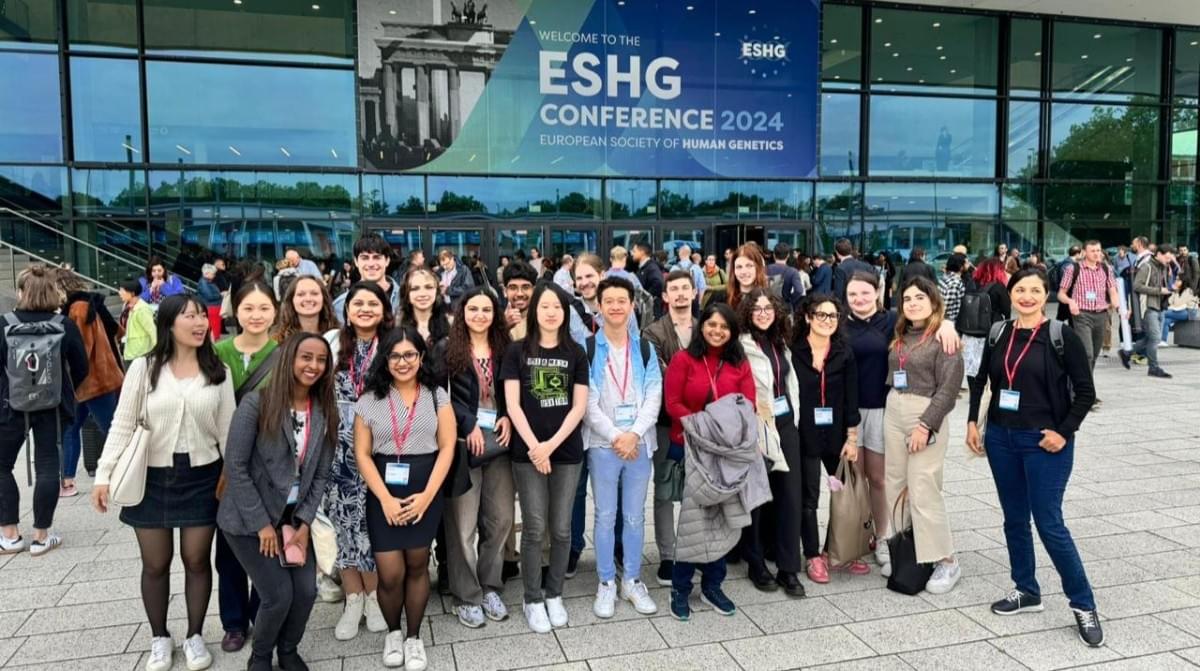
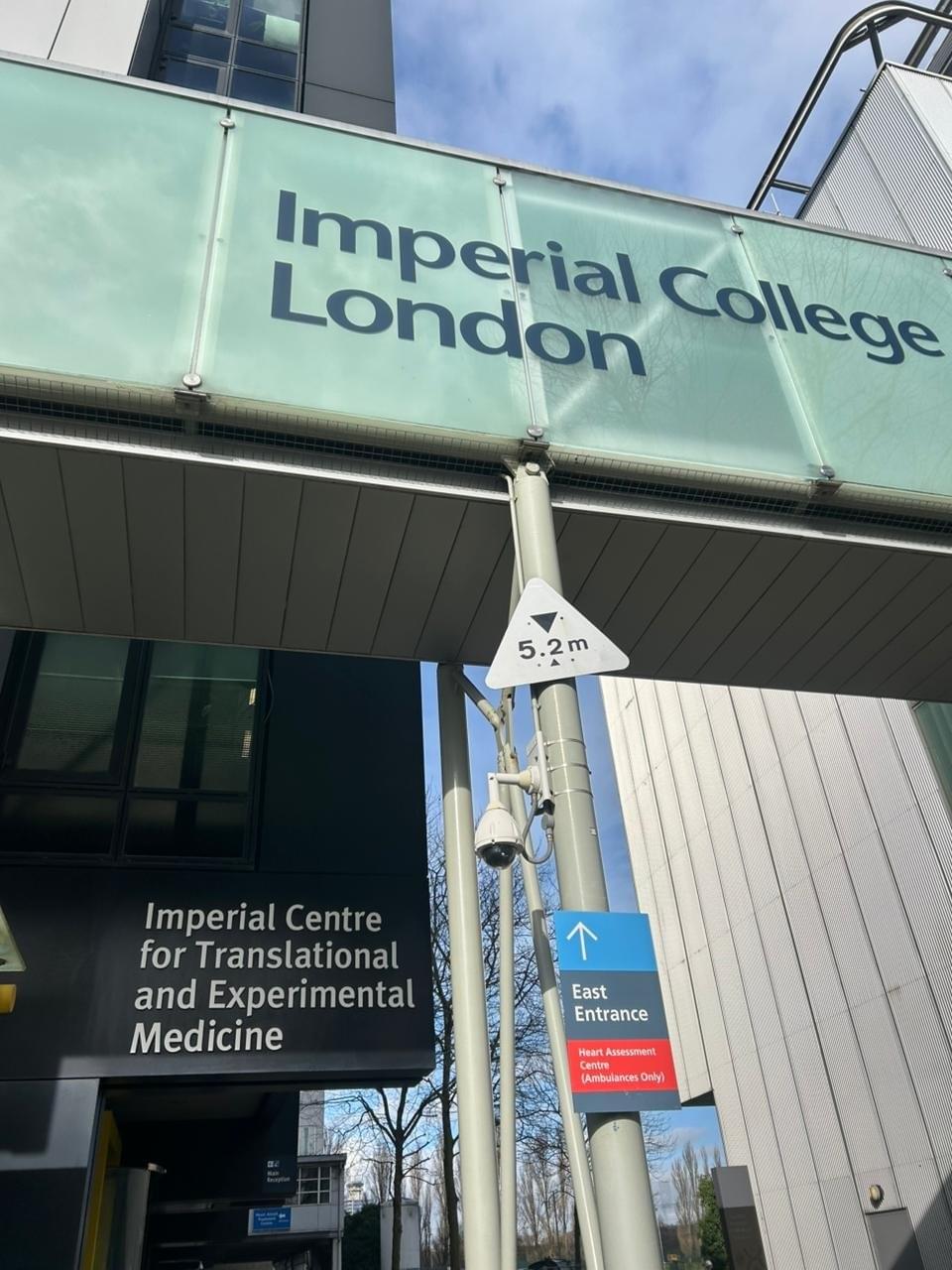
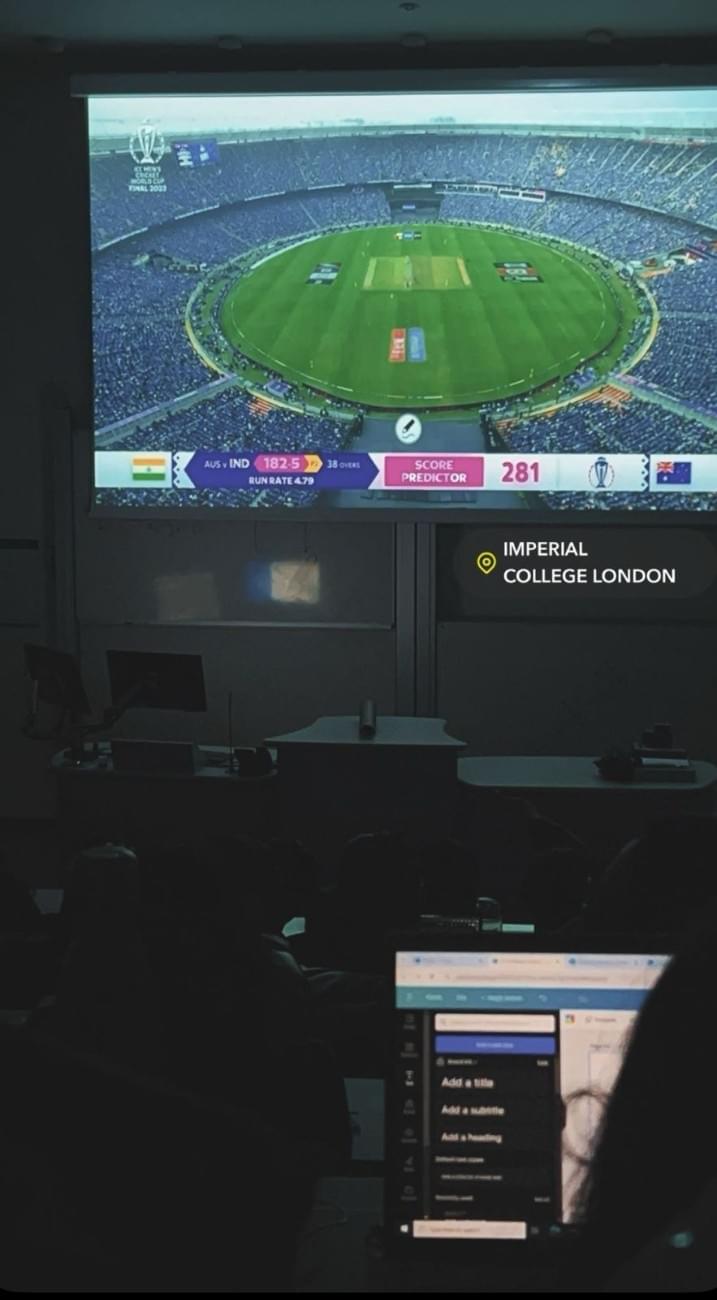
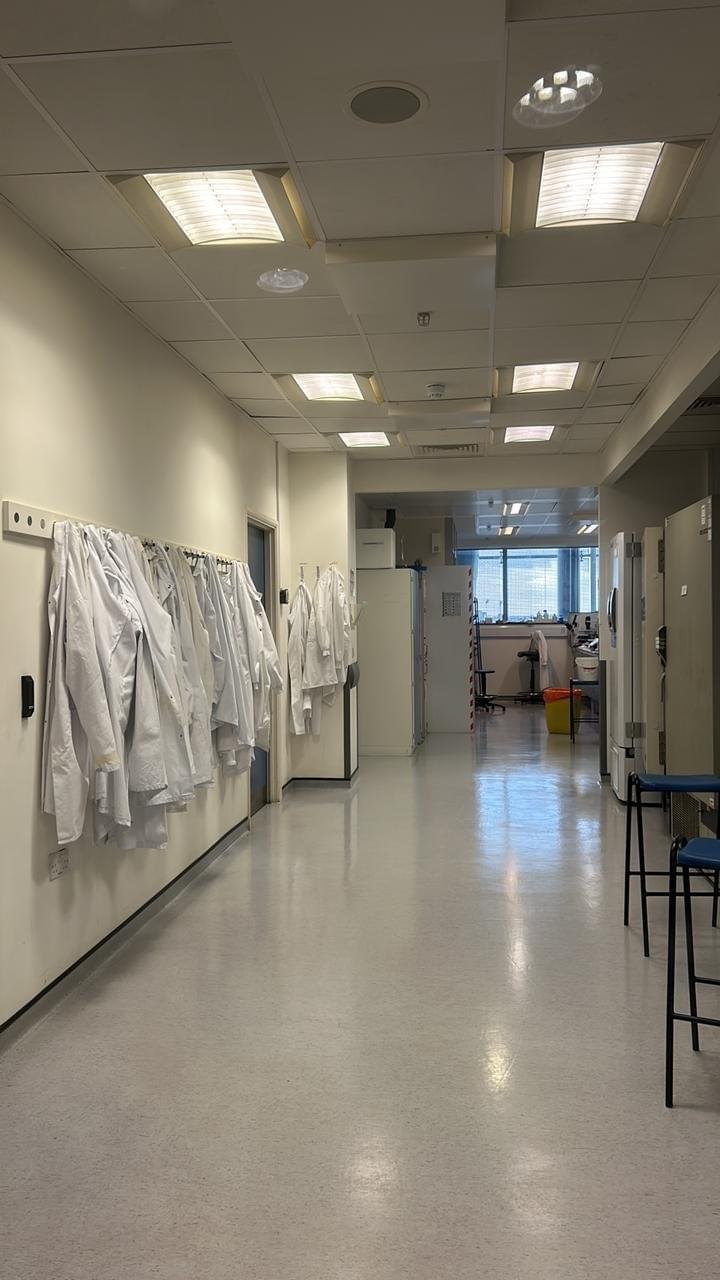
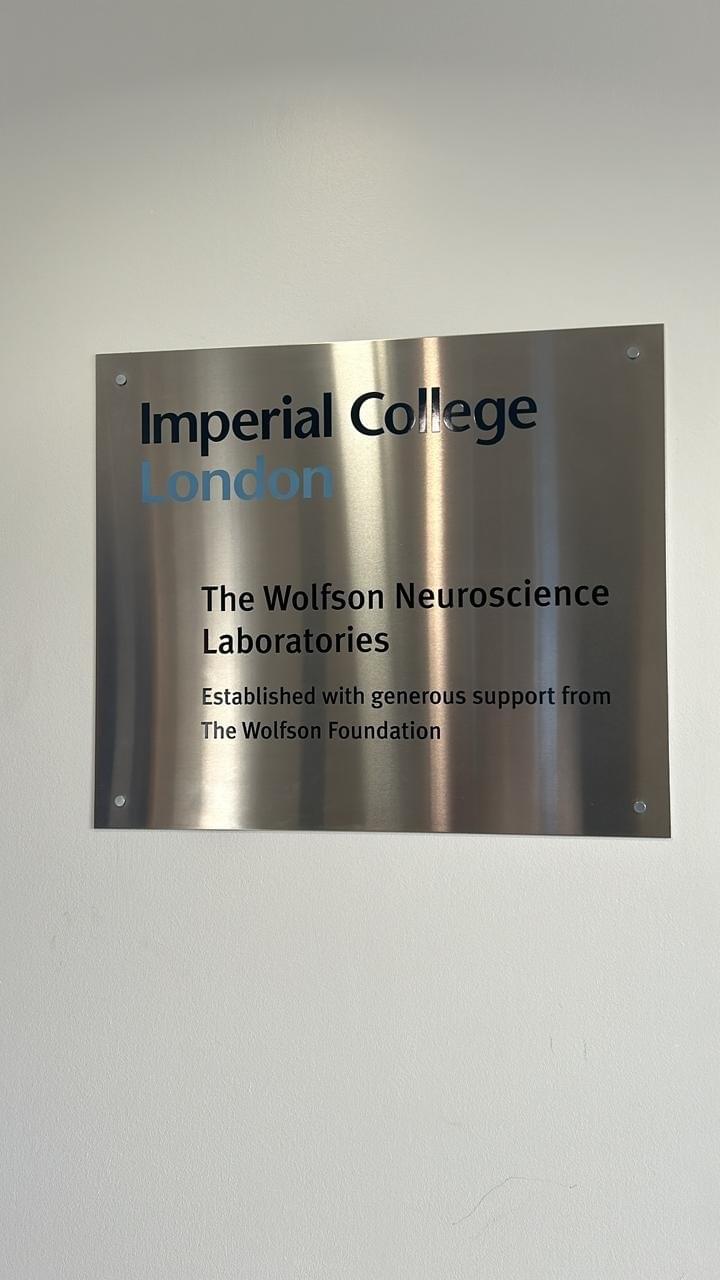
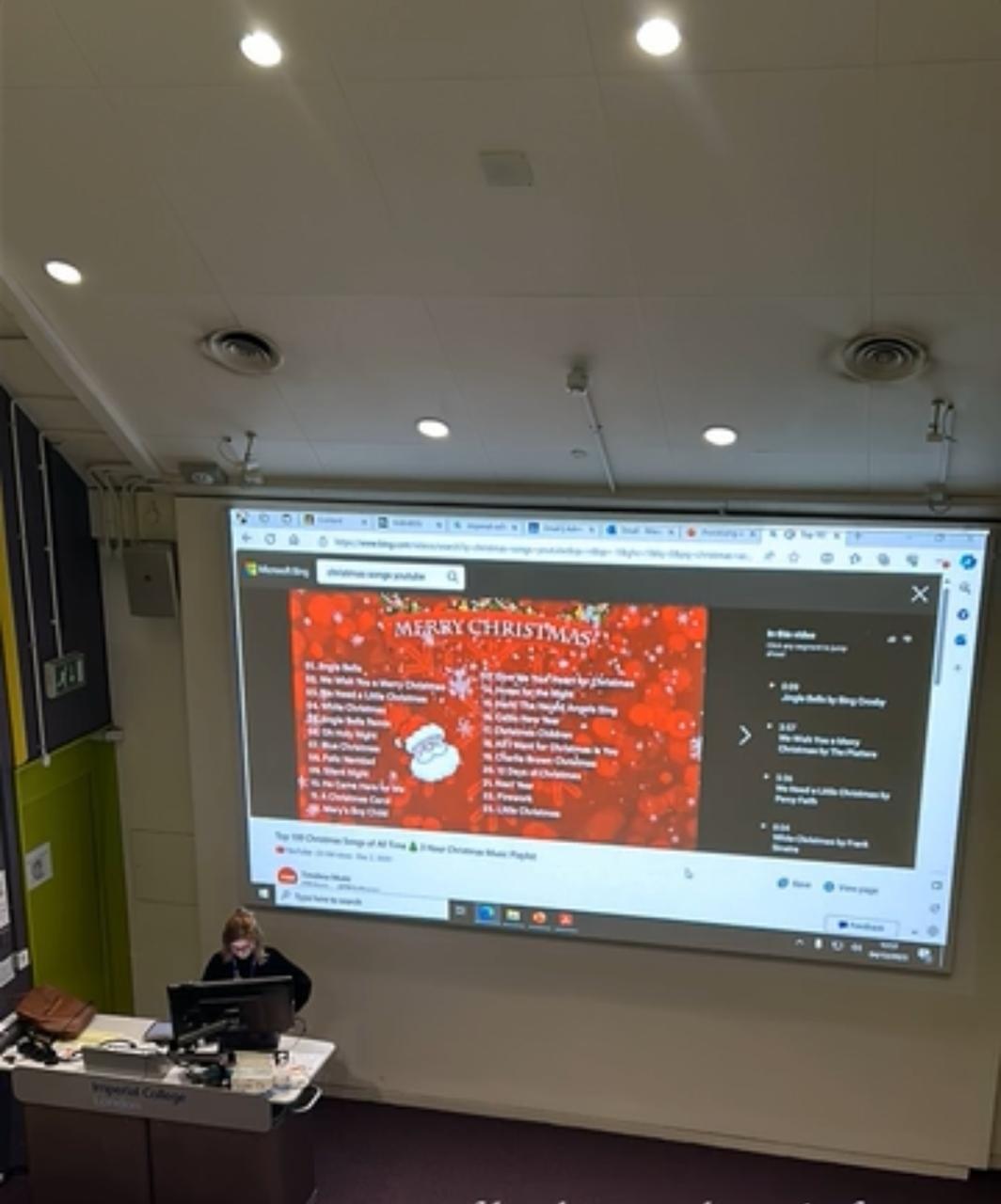
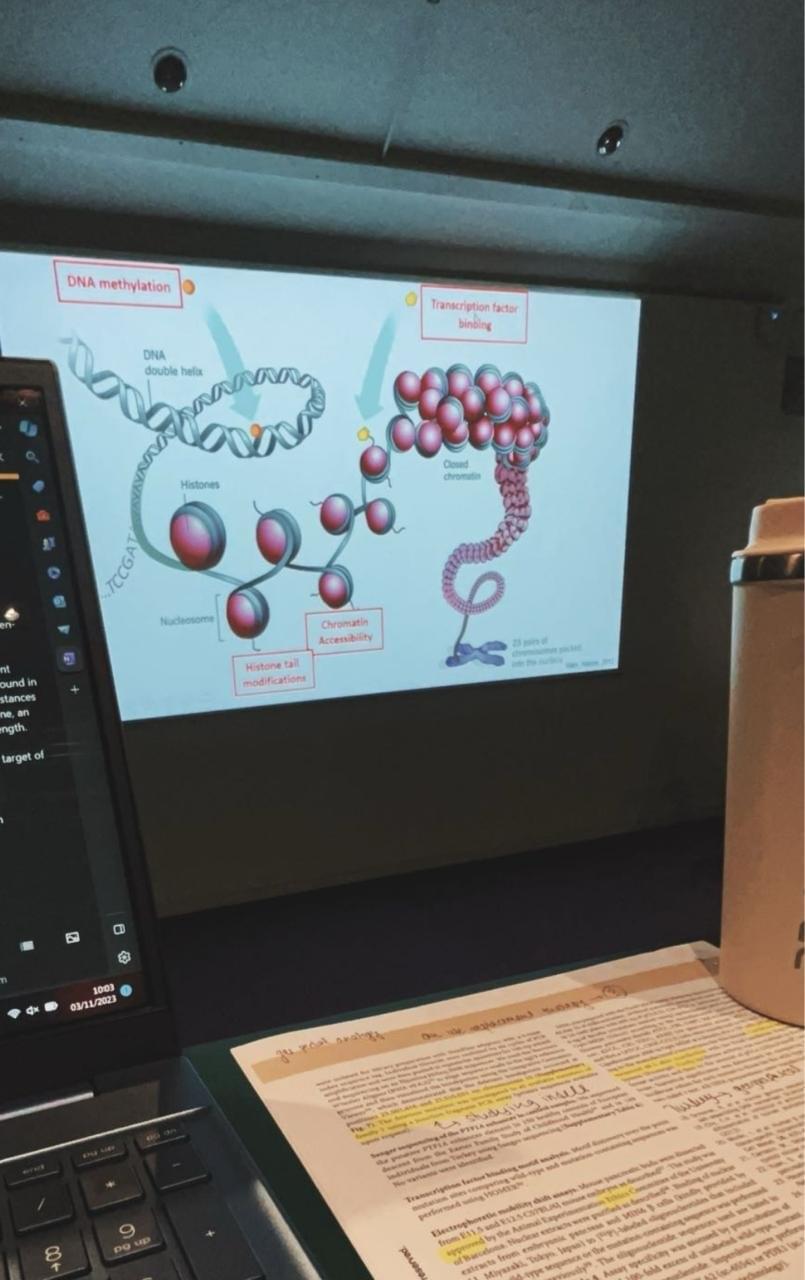
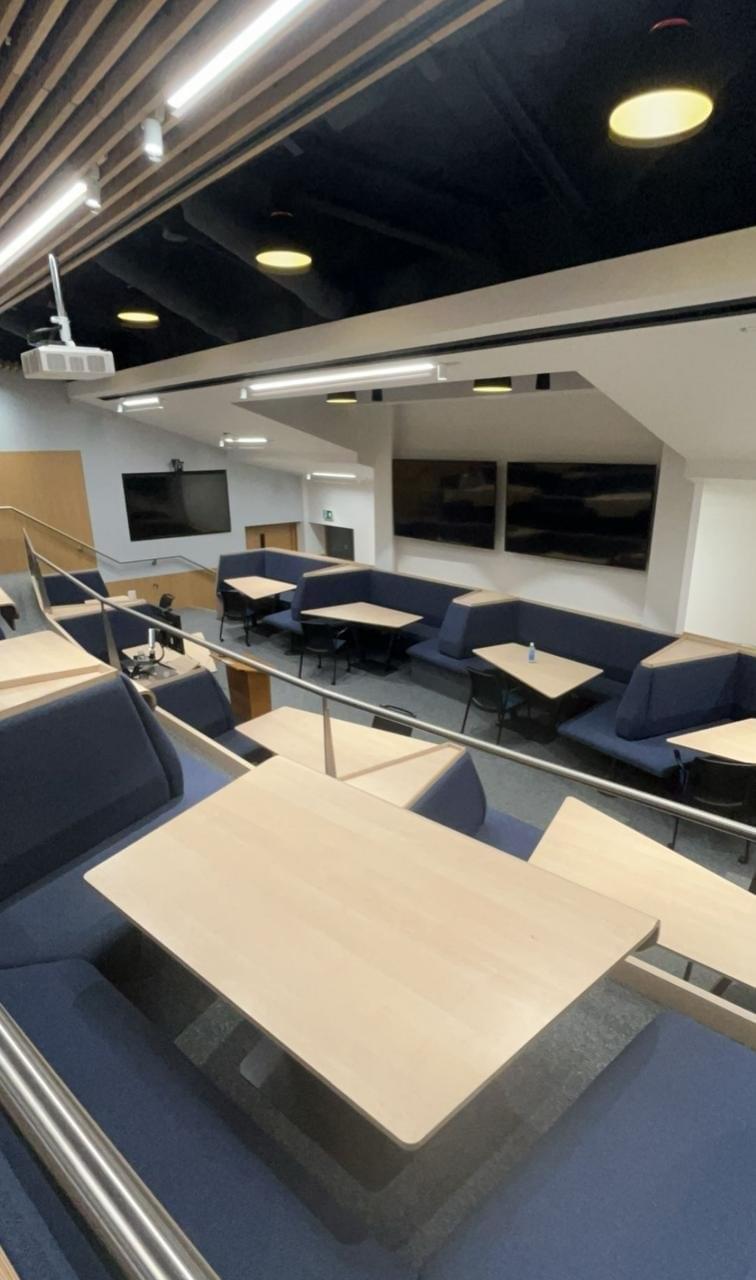
Likes
- Location in the heart of central London, close to Hyde Park, good proximity to metro station, shops and restaurants, very posh and safe area
- Research focussed course with lots of reserach opportunity available for students
- Highly ranked (#2 in the world)
Dislikes
- STEM-only university so didn't get to interact with non-stem students
- My course was relatively new so could have some improvements
- My course only utilised one teaching room which became quite mundane after some time
Scholarship
- No, I did not receive a scholarship, as they are not available for international students mostly. My batchmates also did not receive scholarships if they were international, but local students got financial aid depending on household income.
- I don't know how many students get scholarships or how much money they get in scholarships because, in general, there are not many.
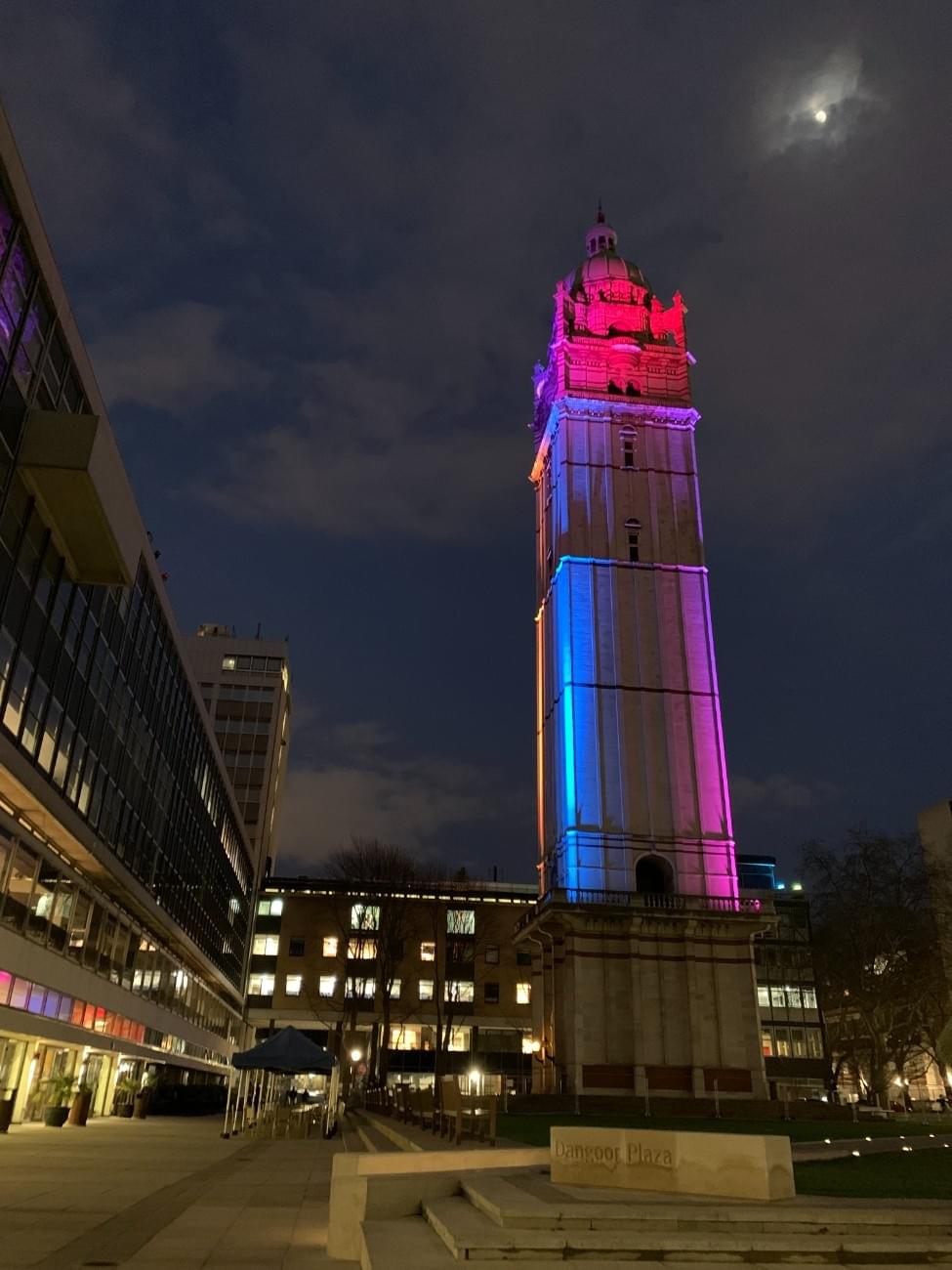
Likes
- The lectures were focused on facilitating discussion and debate within the classroom rather than delivering theoretical content
- The courses had plenty of case studies from real world situations that have occurred
- We had a lot of projects which allowed us to think critically and apply ourselves
Dislikes
- The self study material provided was too extensive to cover before lectures
- Sometimes there was a lack of clear guidance on how to approach registering and attending professional events
- For one course we had lectures change in the middle which was less than ideal
Scholarship
- I did not receive a scholarship, as I applied pretty late, and by then the scholarship deadlines had passed
- Most of batchmates did not receive a scholarship
- The only people that I know who received scholarship were from underprivileged backgrounds and had a genuine need for a scholarship without which they would be unable to study at Imperial (even with student loans)
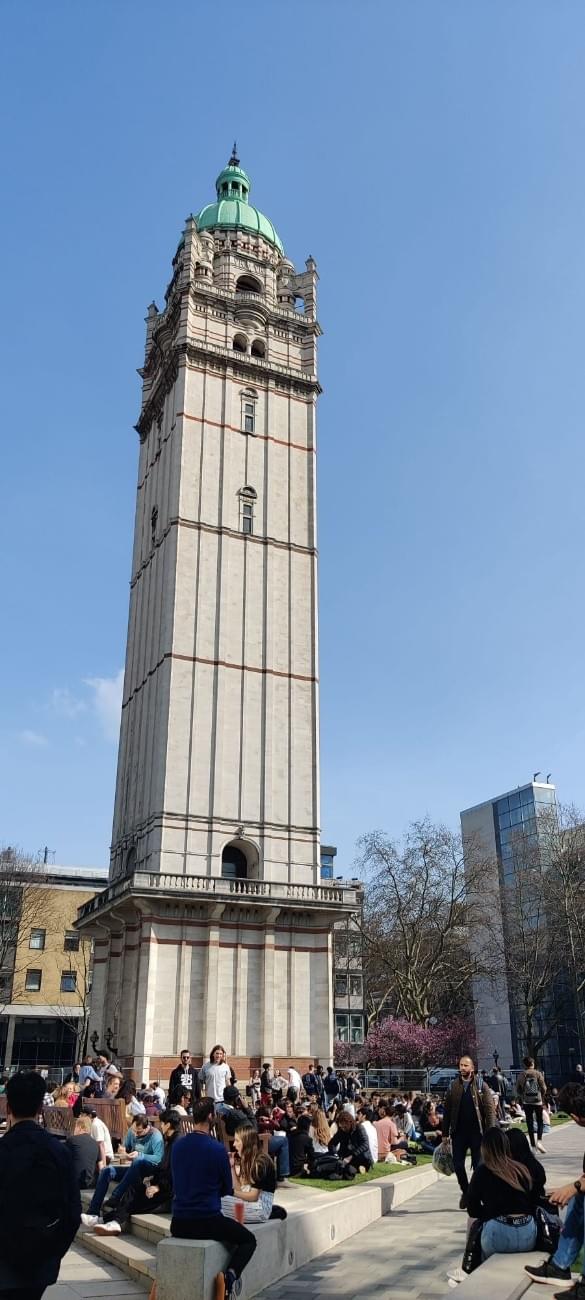
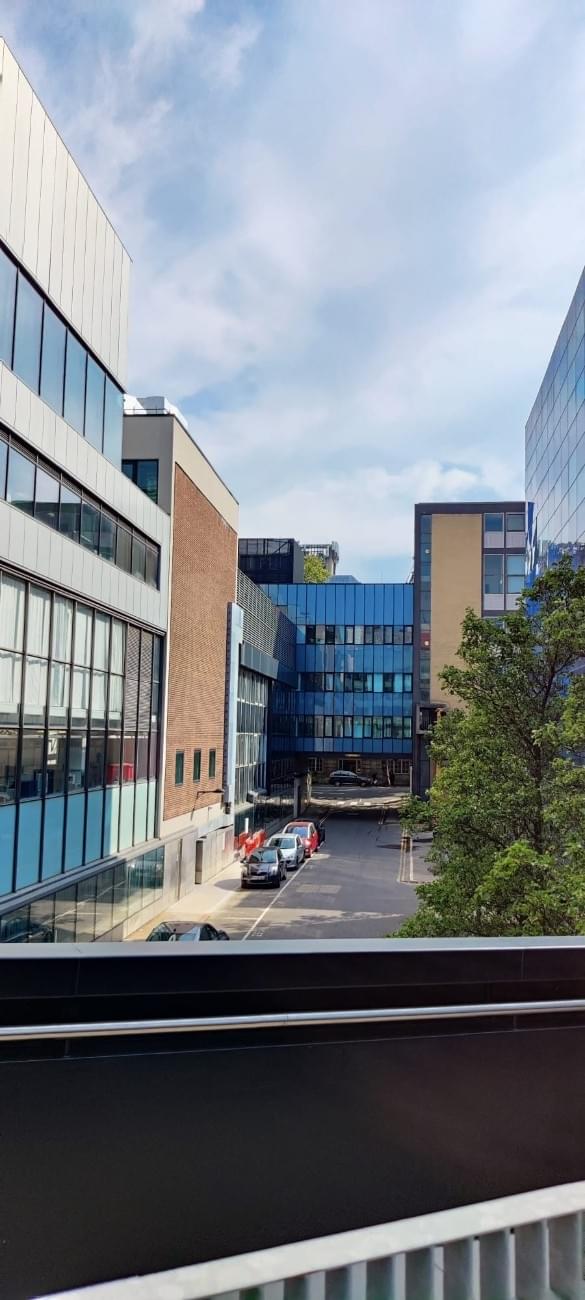
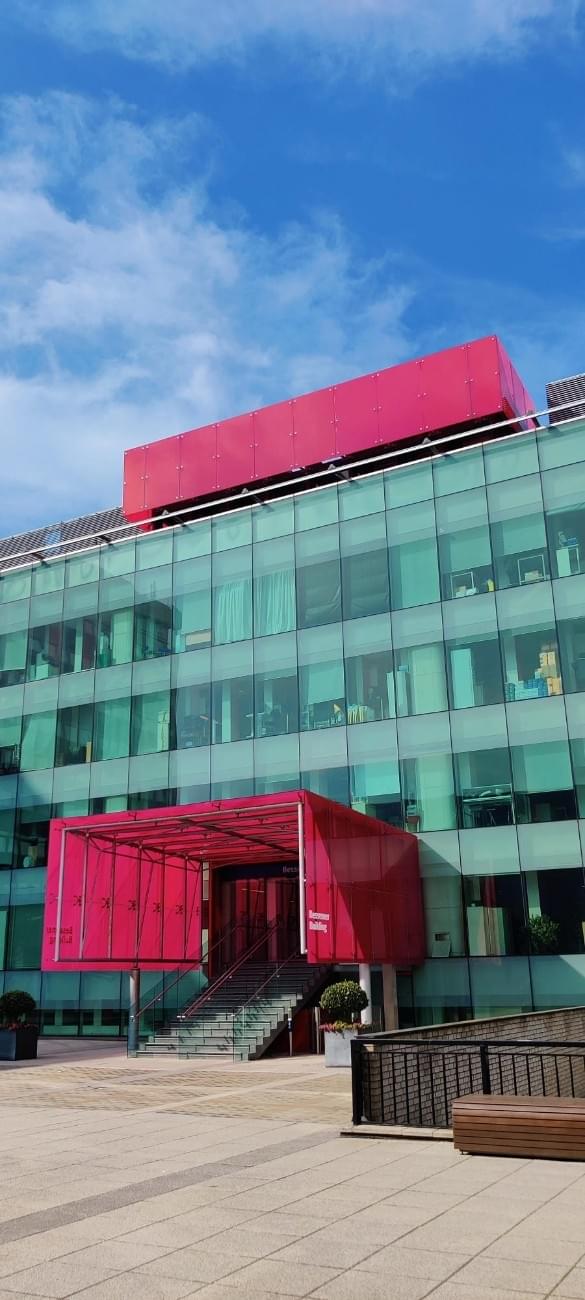
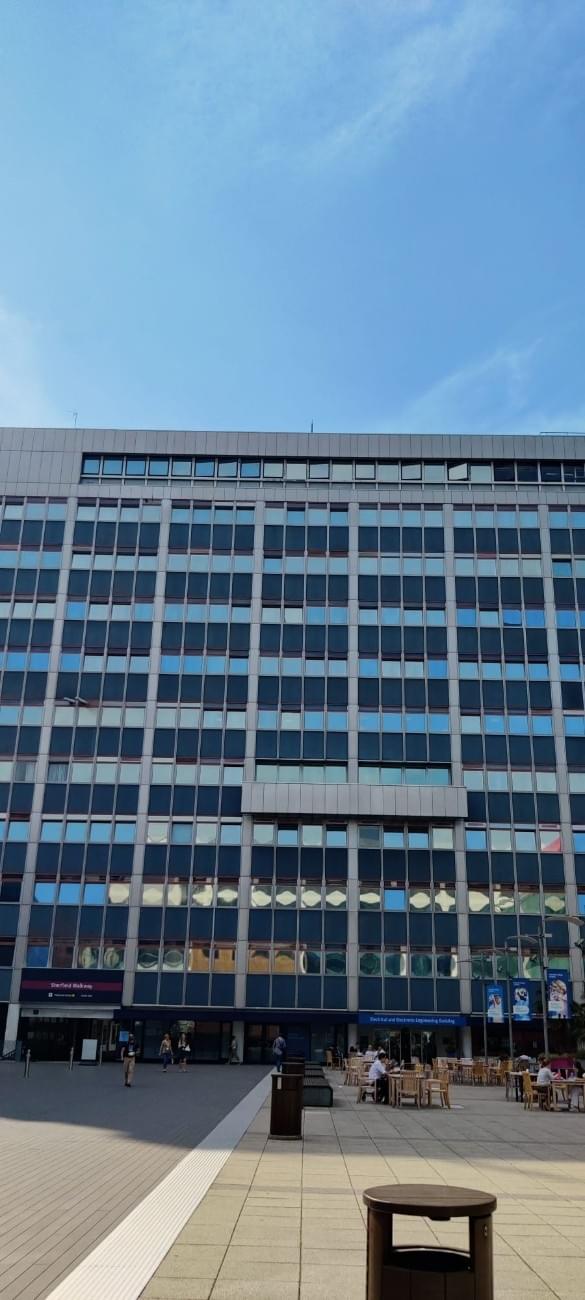
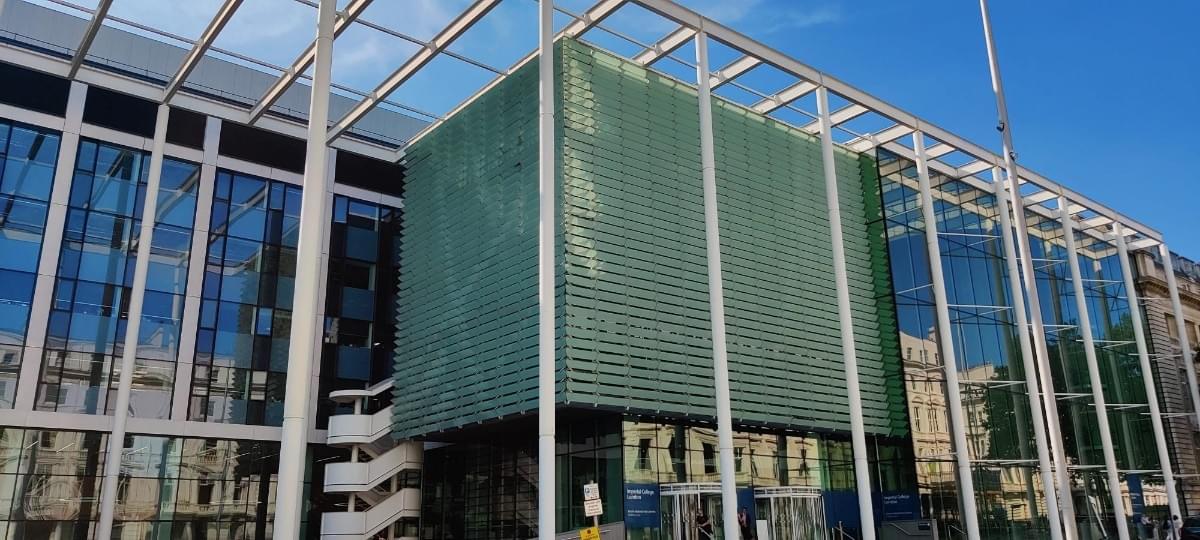
Likes
- Professors are helpful and use real examples, not just theory.
- I loved the diversity, met people from everywhere.
- Being in central London itself is a huge plus.
Dislikes
- Workload can get crazy at times with back-to-back deadlines.
- Staying near campus is very expensive.
- Food on campus is overpriced.
Scholarship
- I personally did not receive any scholarship for my course.
- There are a few scholarships available at Imperial, but they are very competitive and depend on factors like academic excellence, leadership, and financial need.
- Some of my batchmates did receive partial scholarships, but the number of students who get them is quite limited compared to the total class size.
- The typical award amount varies, but most of them cover only a portion of the tuition fee rather than the full cost.
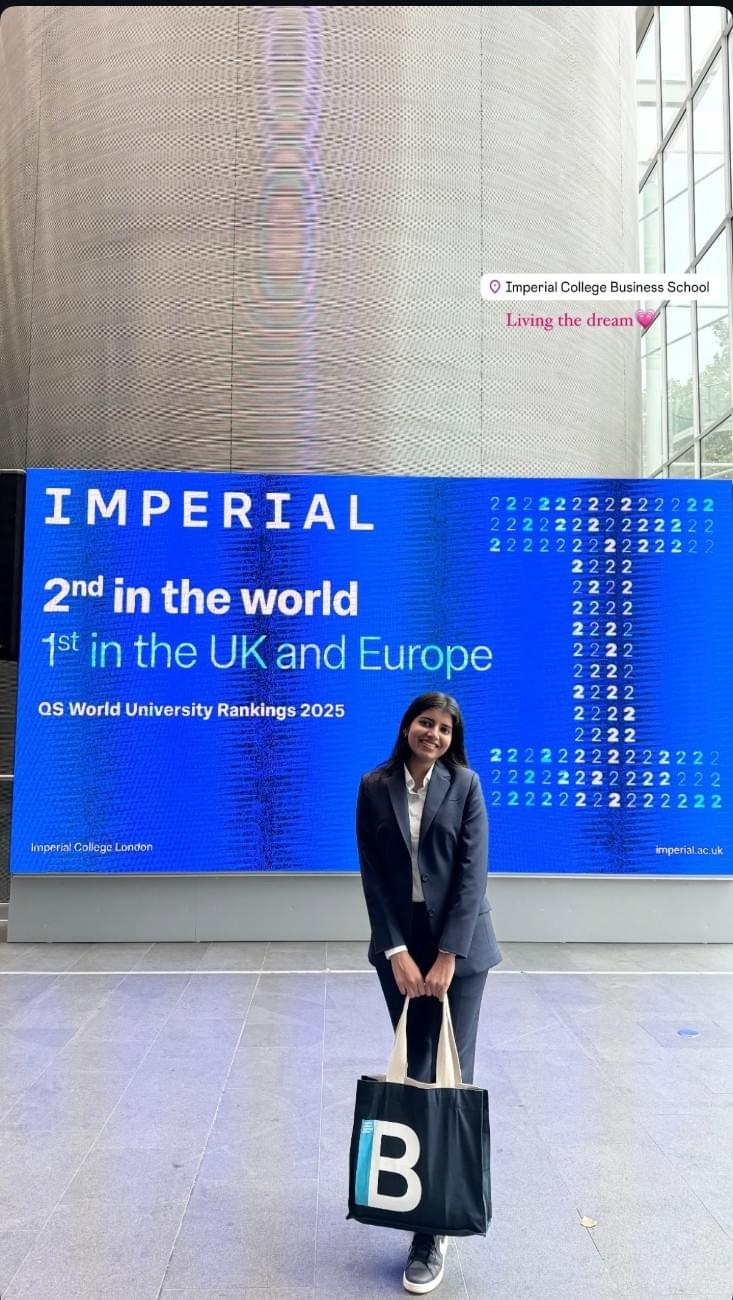
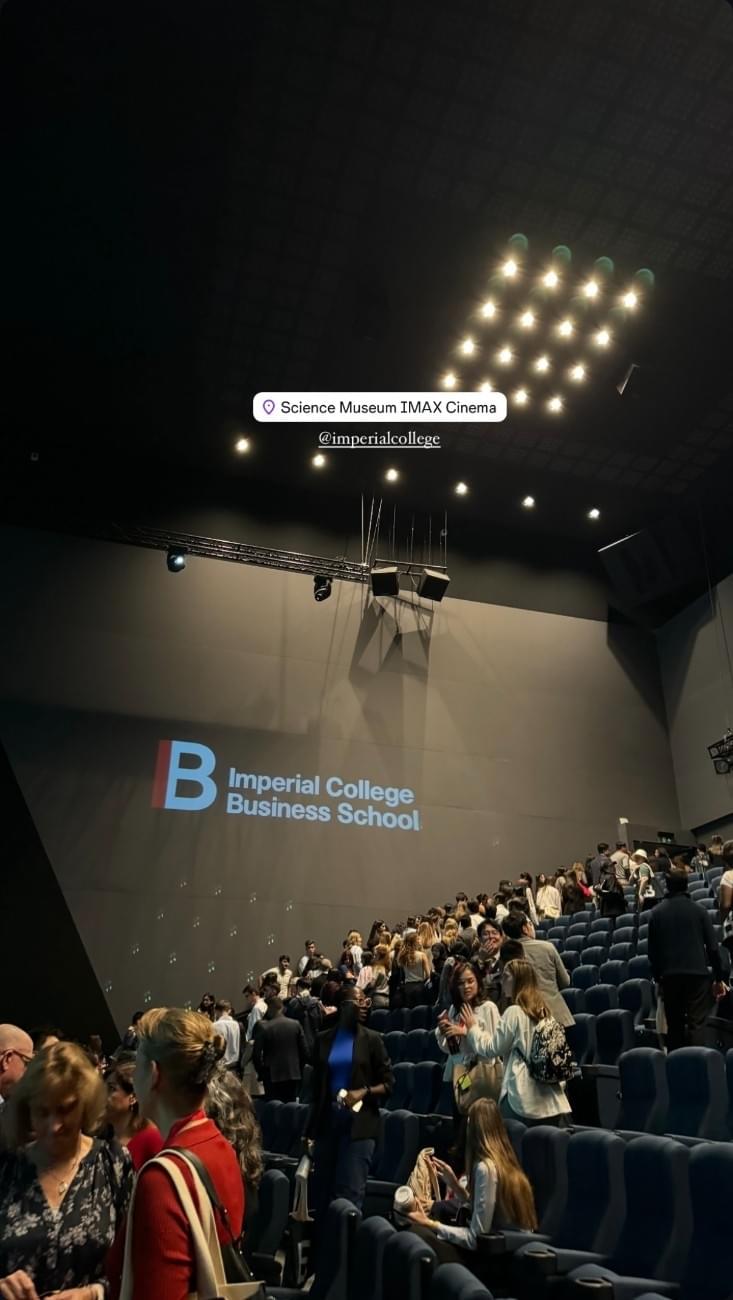





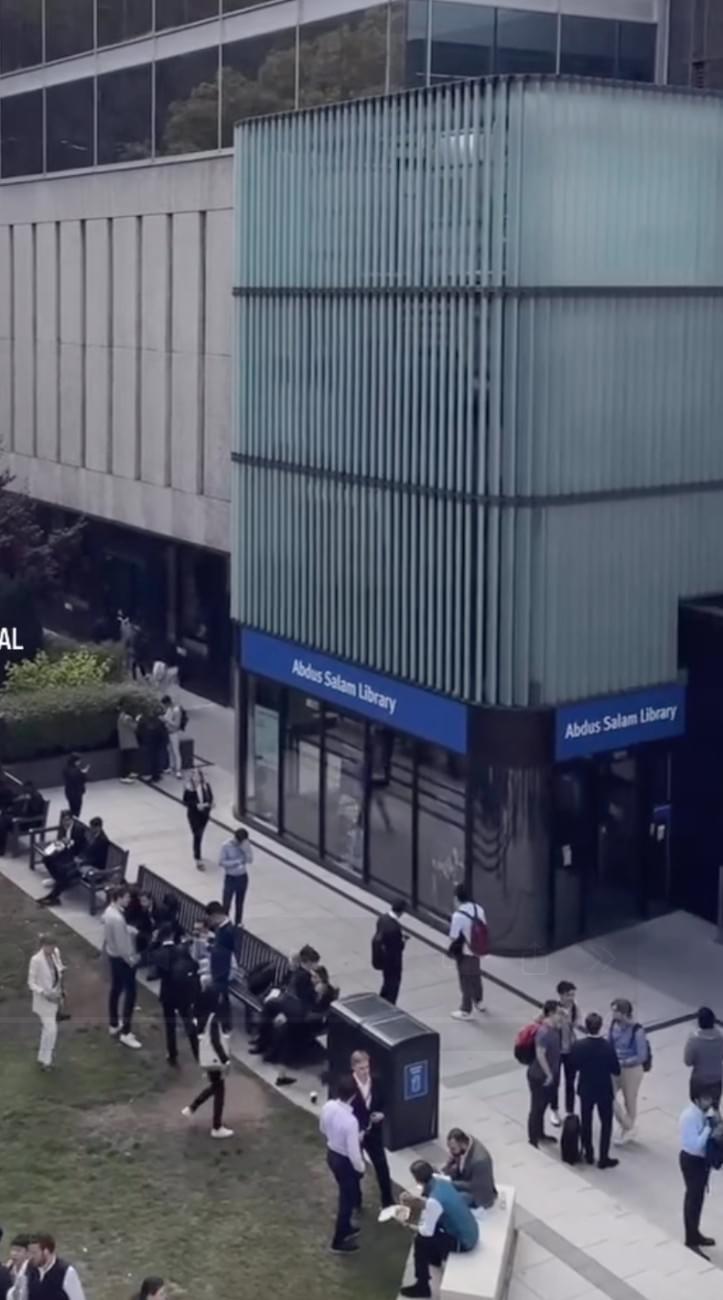

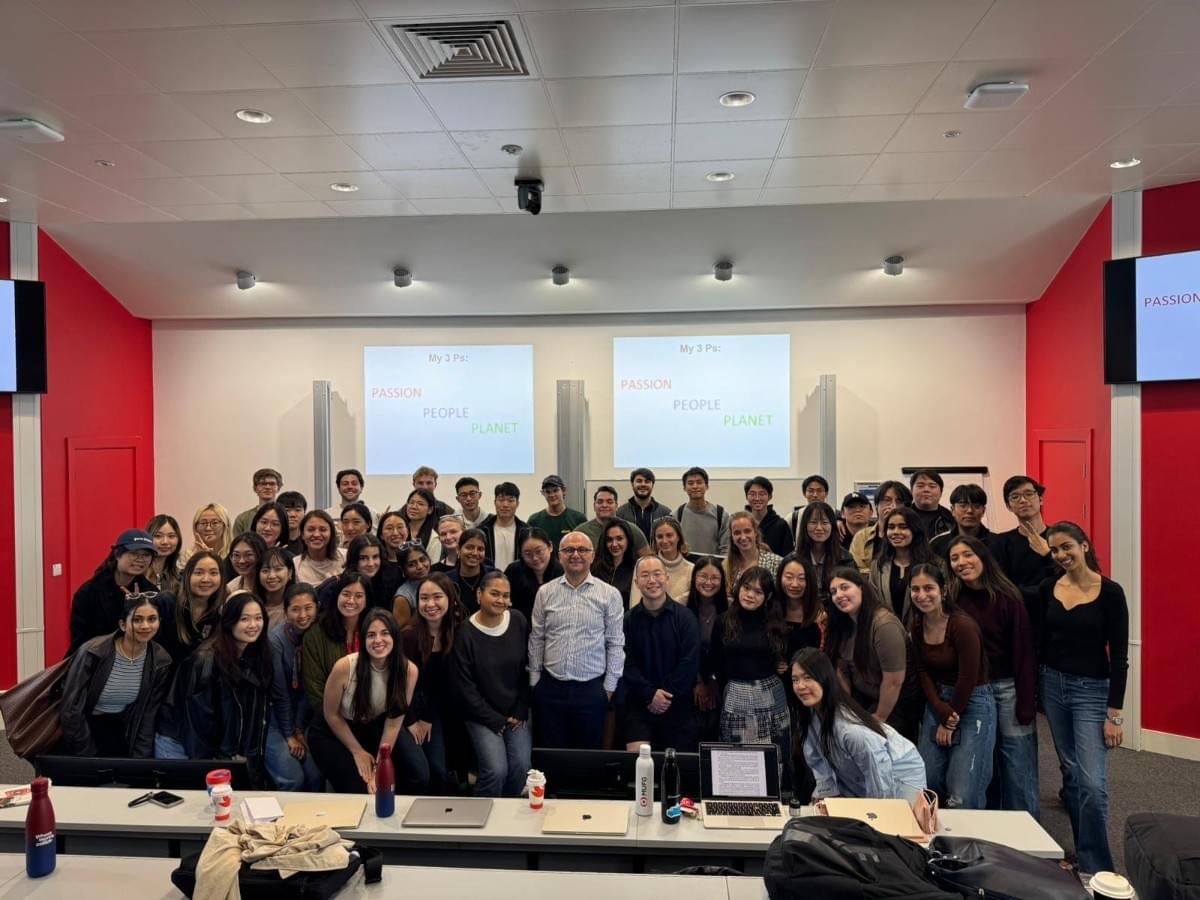
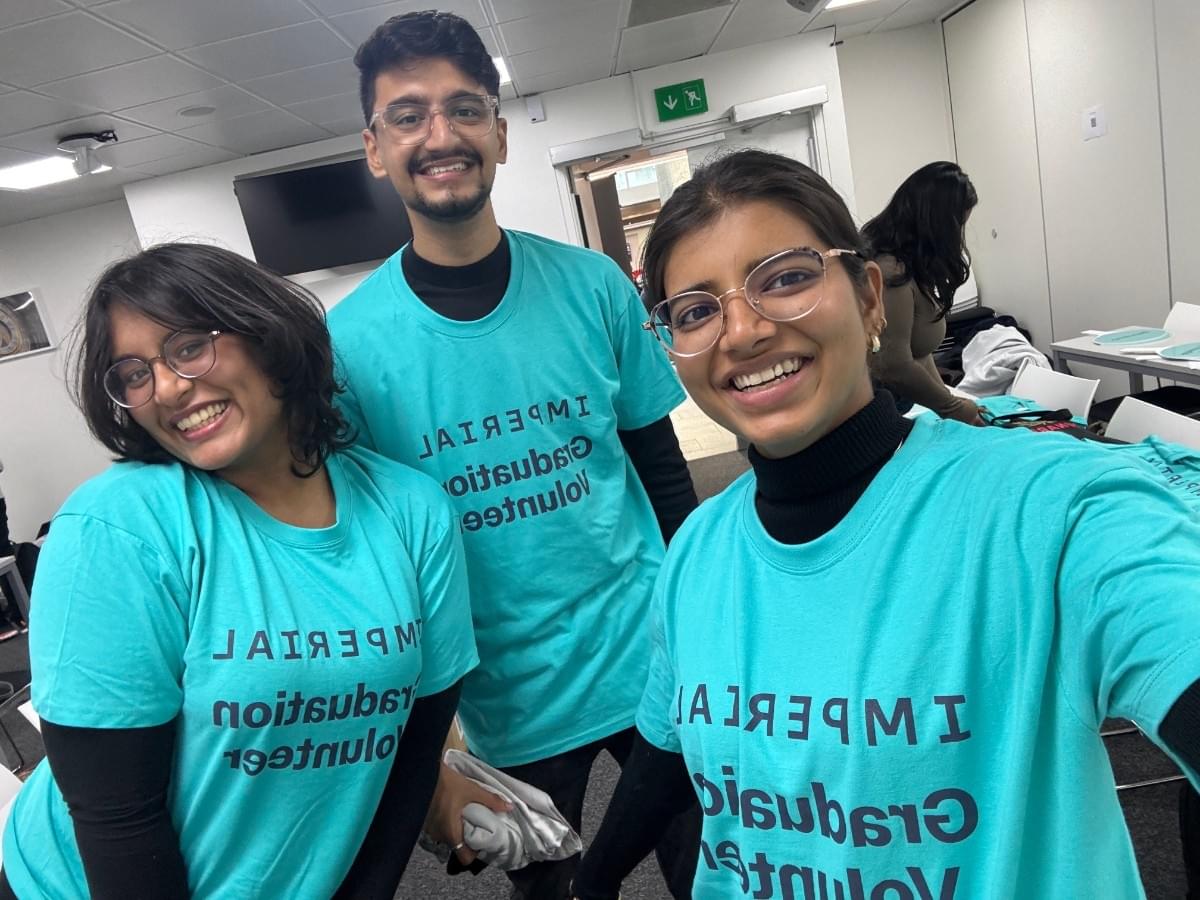

Likes
- The modules offered are extremely interesting and are well planned out.
- The professors are not only knowledgeable but also approachable, making complex topics easier to grasp. Most of them are field medal winners or noble prize winners.
- The student body is incredibly diverse, offering exposure to different cultures and perspectives. There are people from different walks of life.
Dislikes
- The overall course is quite intensive.
- The academic workload can sometimes feel overwhelming, making it challenging to maintain a work-life balance.
- Being in London means dealing with sky-high accommodation and living expenses.
Scholarship
- Yes, there is scholarship available for the course like the DeepMind Scholarship (But Only for Girls)- It waives off the entire tuition fees. In my class there are 2 people who had received this.
- Also there are other scholarships from different government agencies.
- For Indians there is the "Future Leaders Scholarship program" given to a few students from any STEM course.


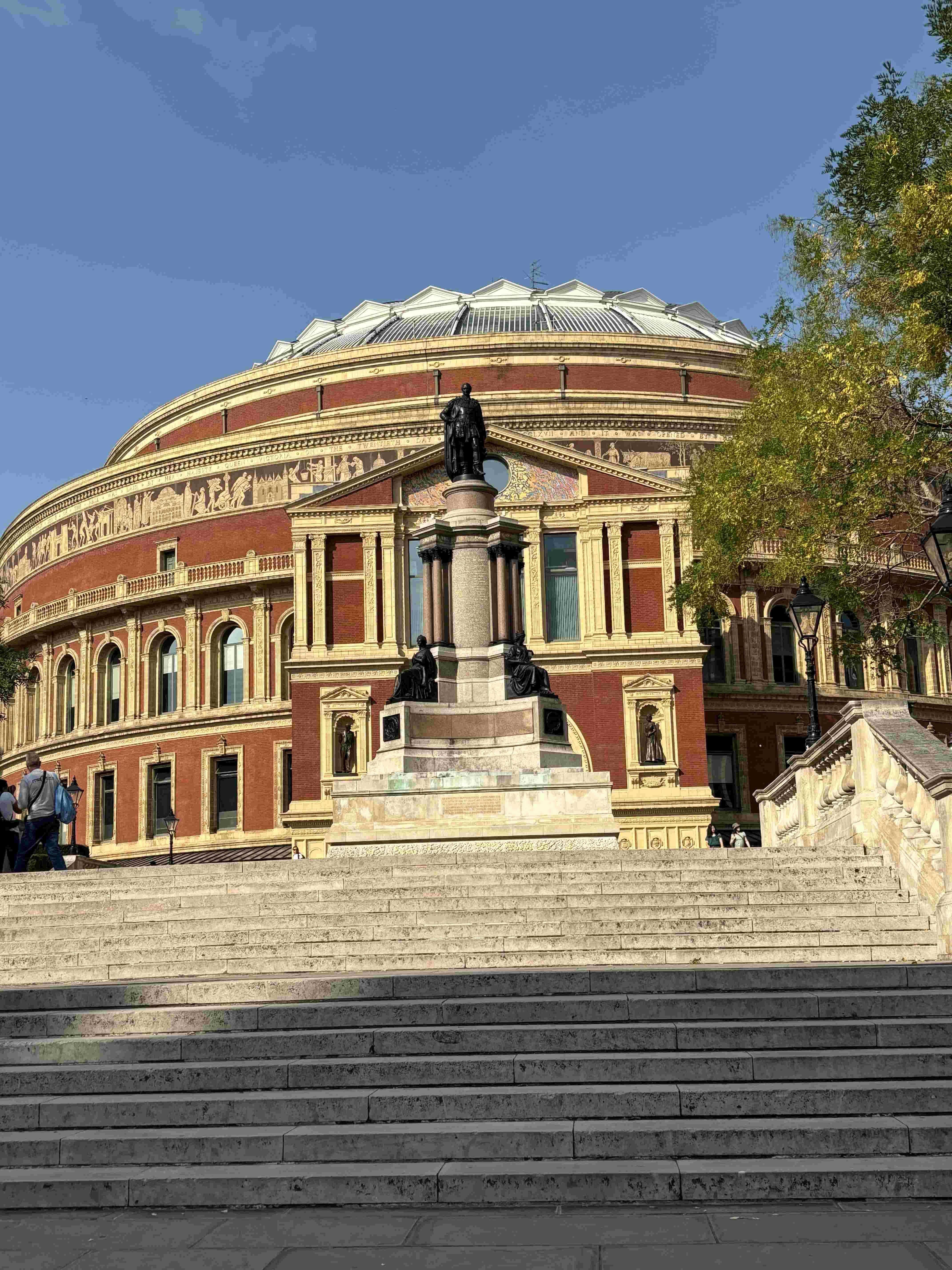
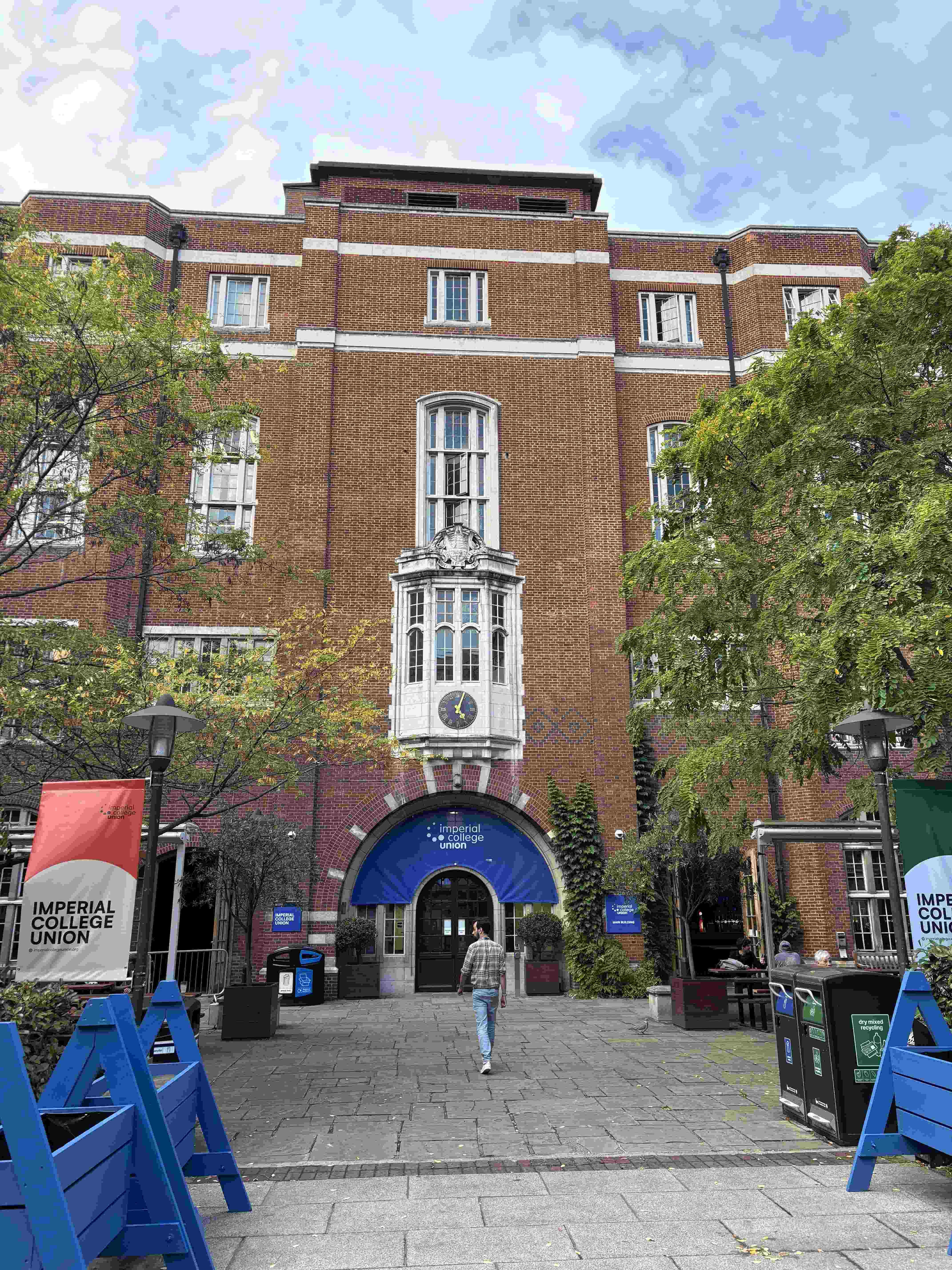
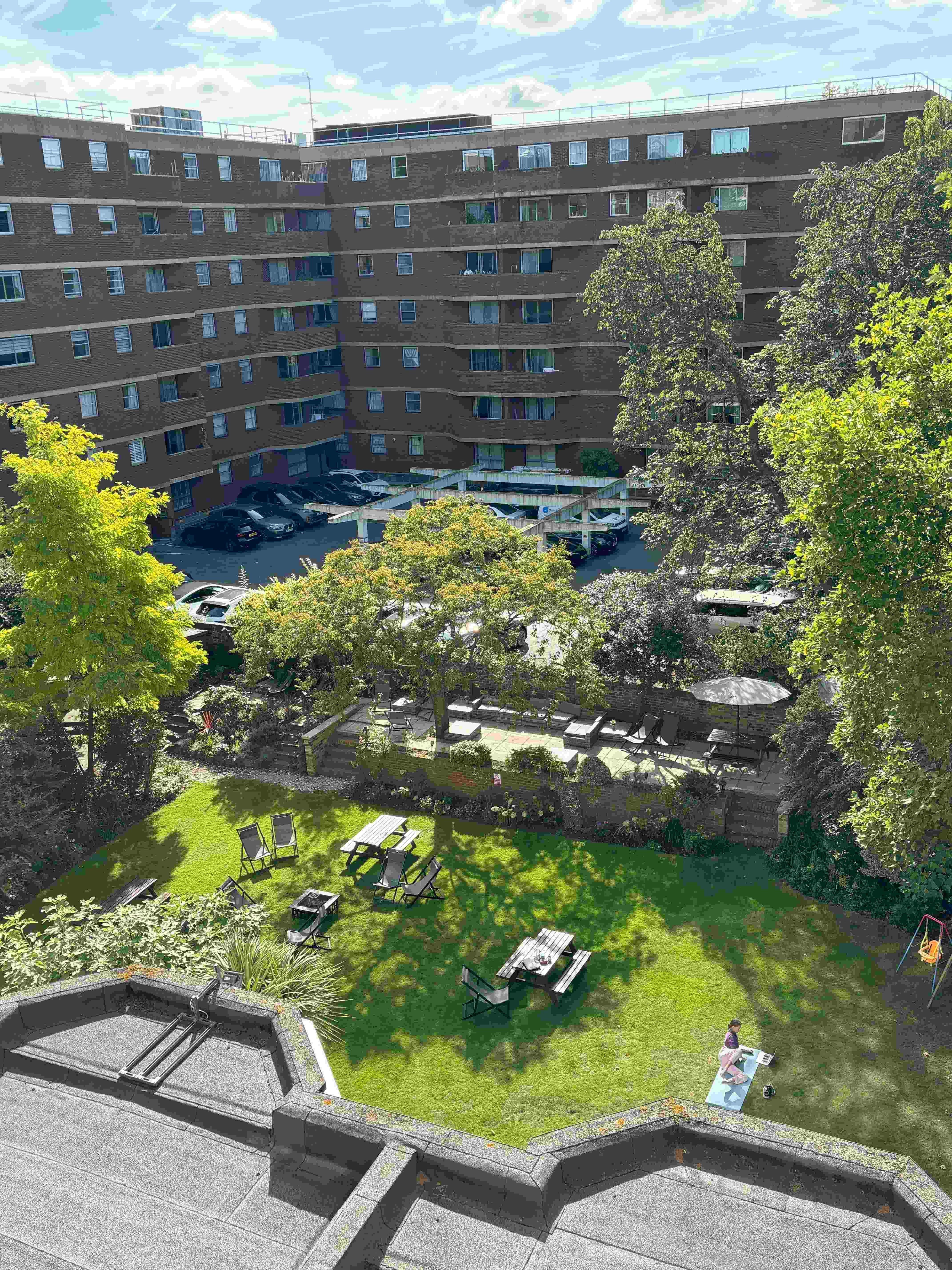
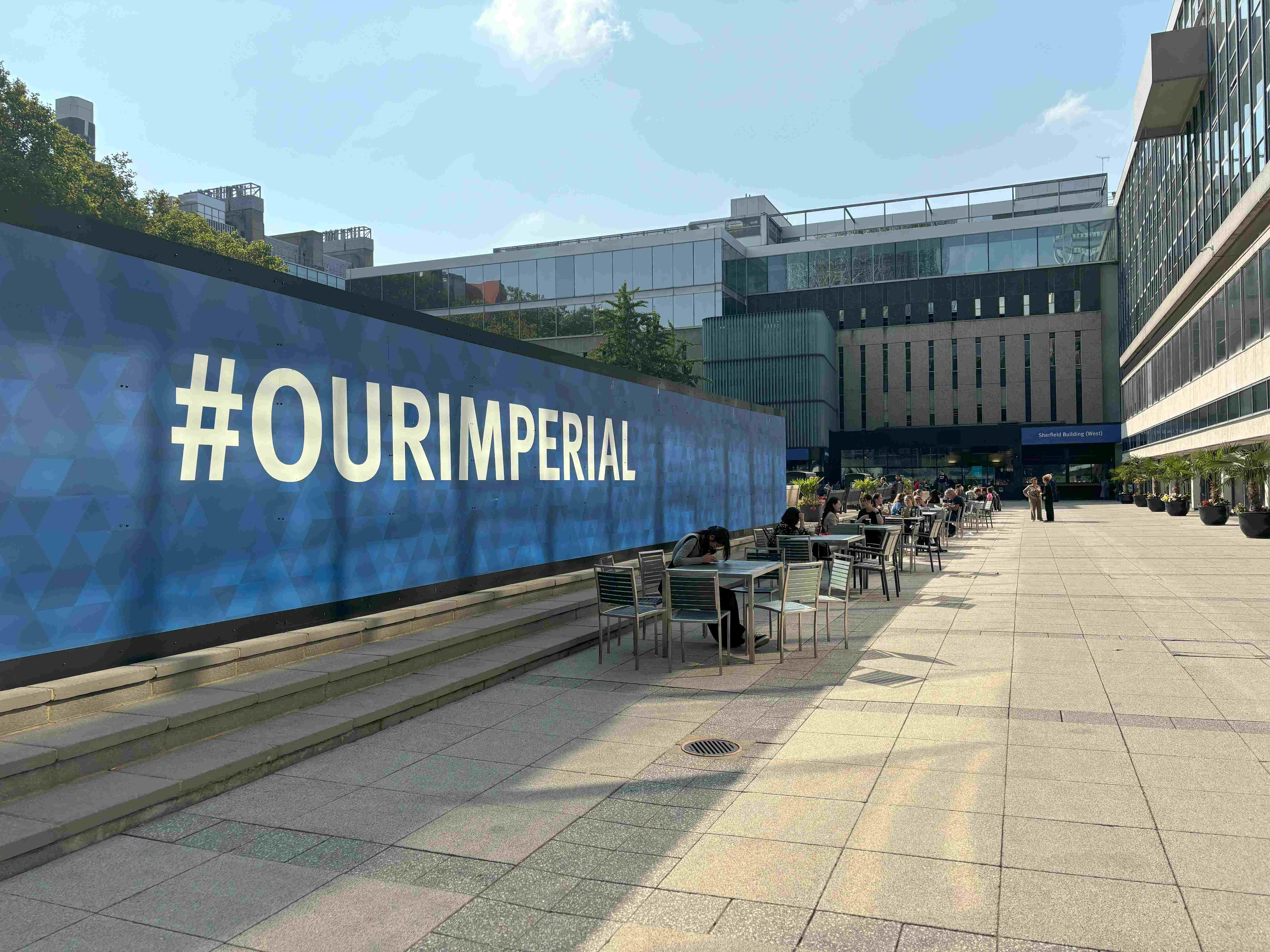
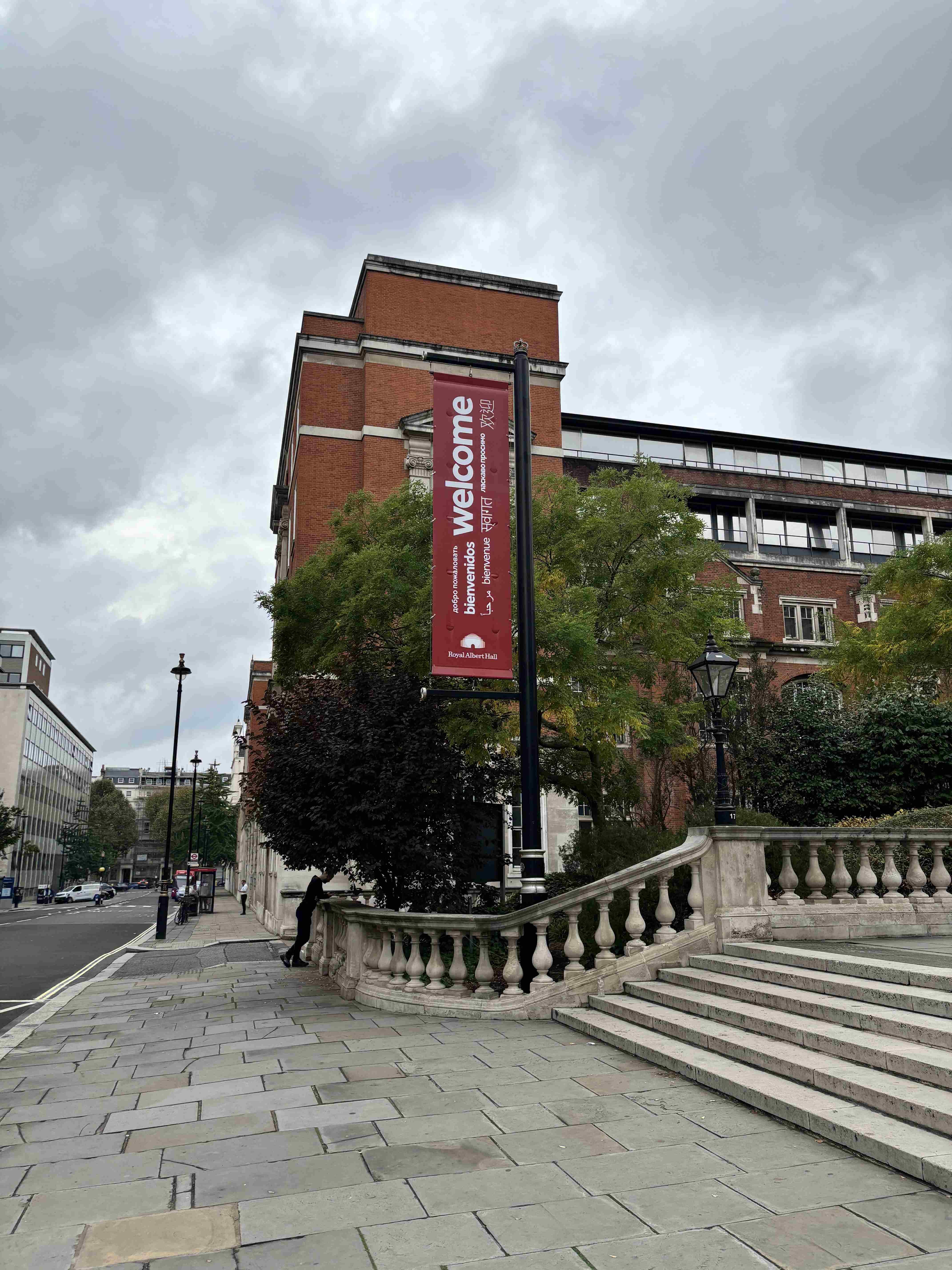
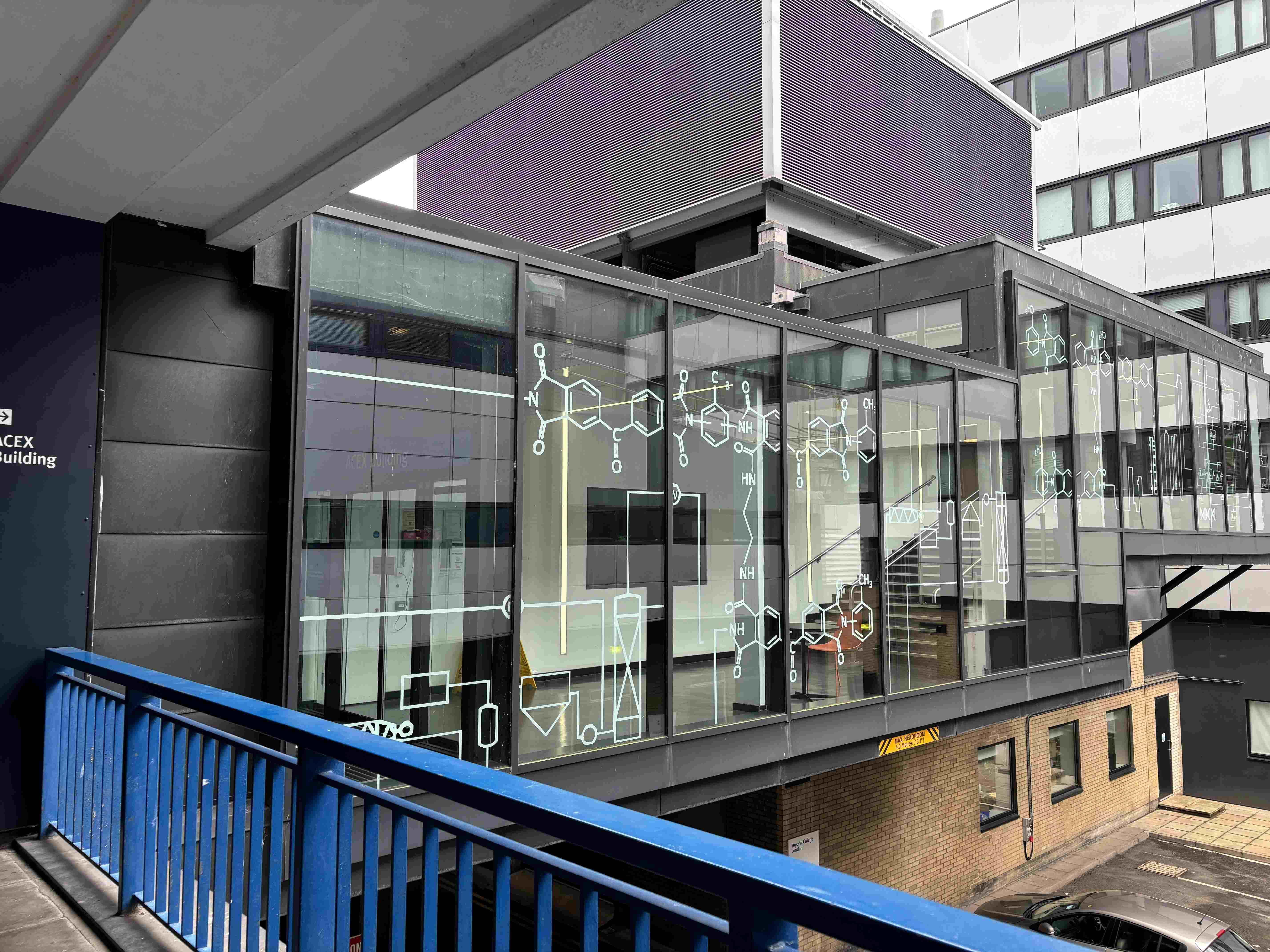
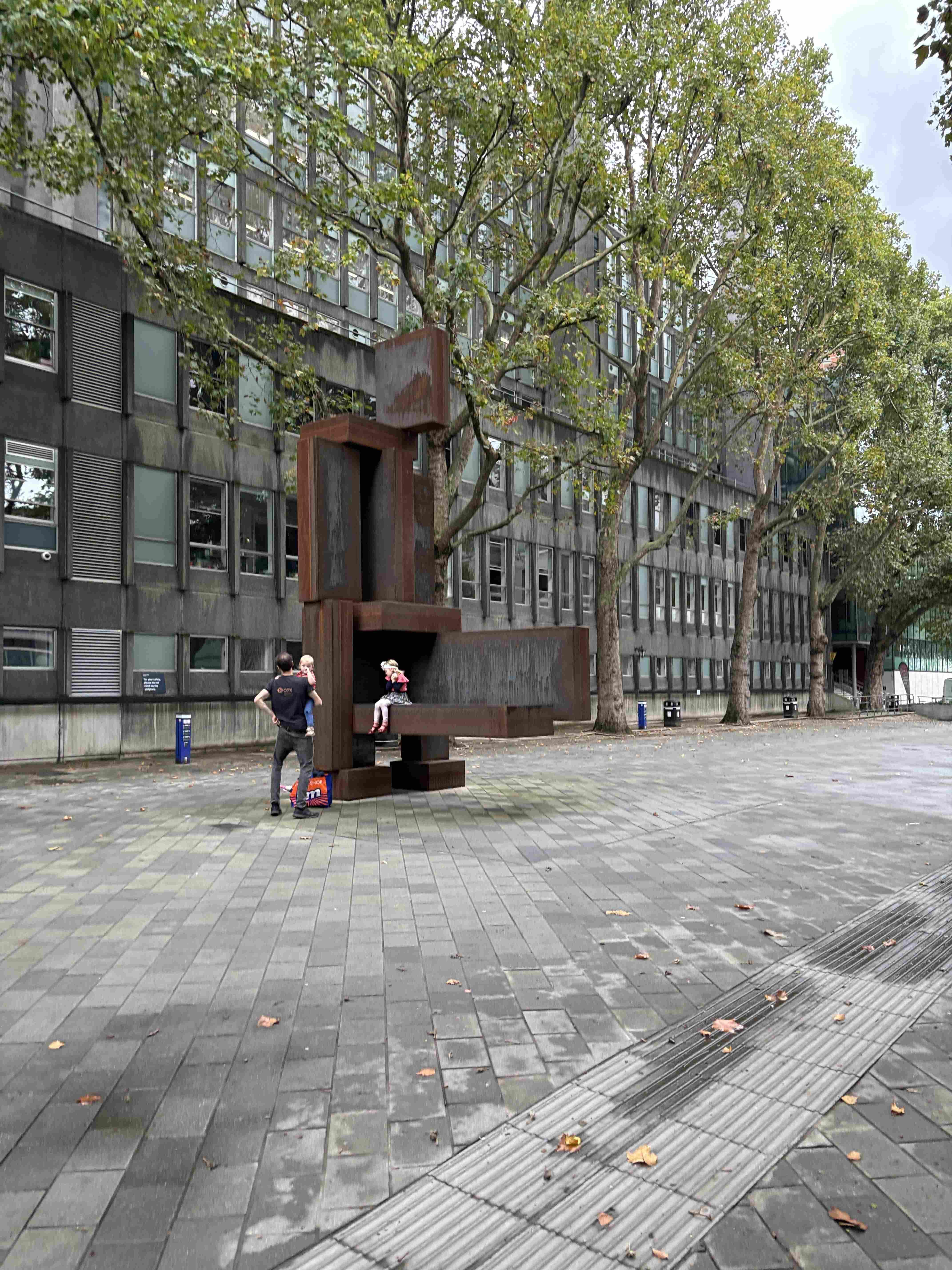
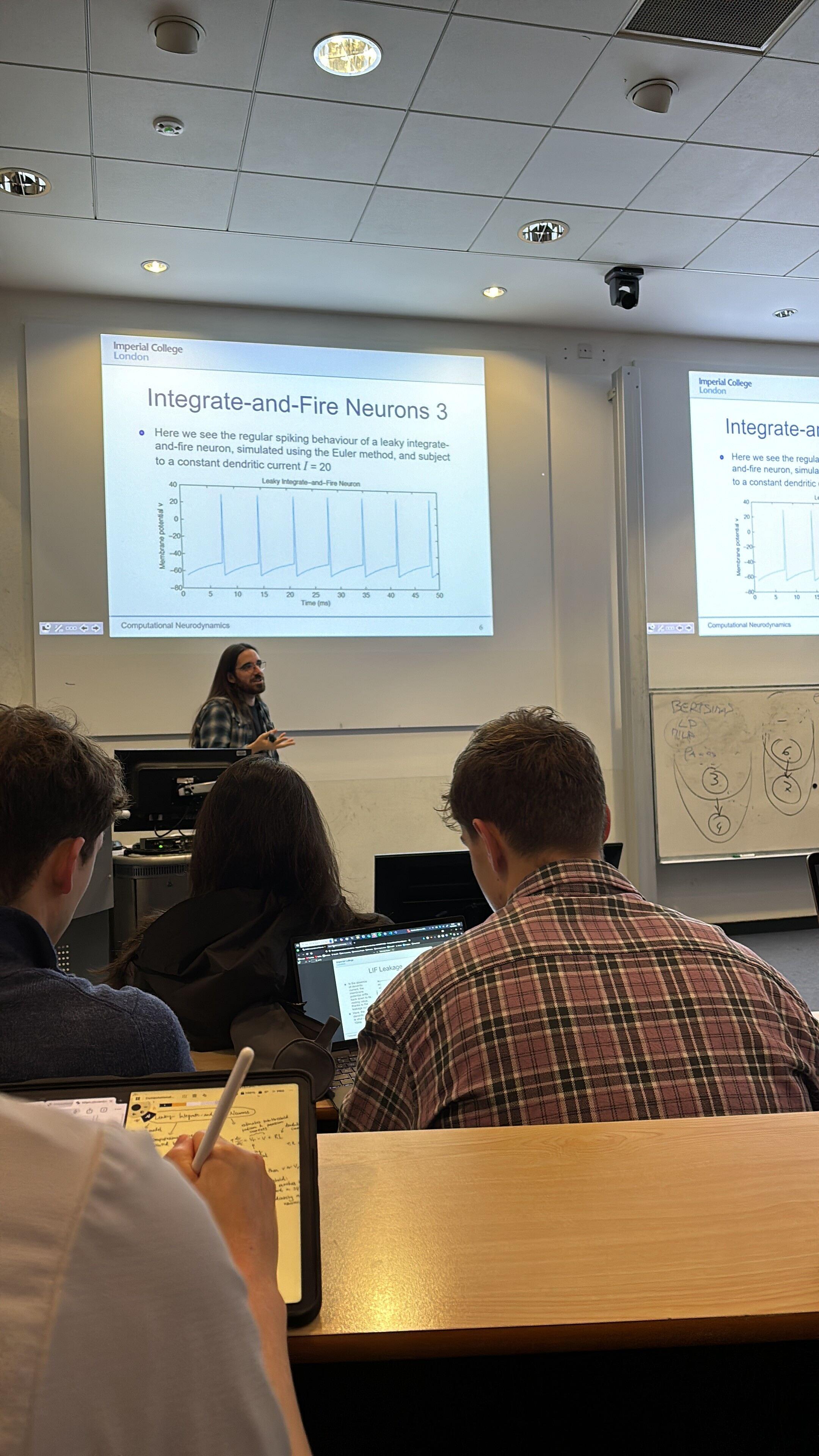
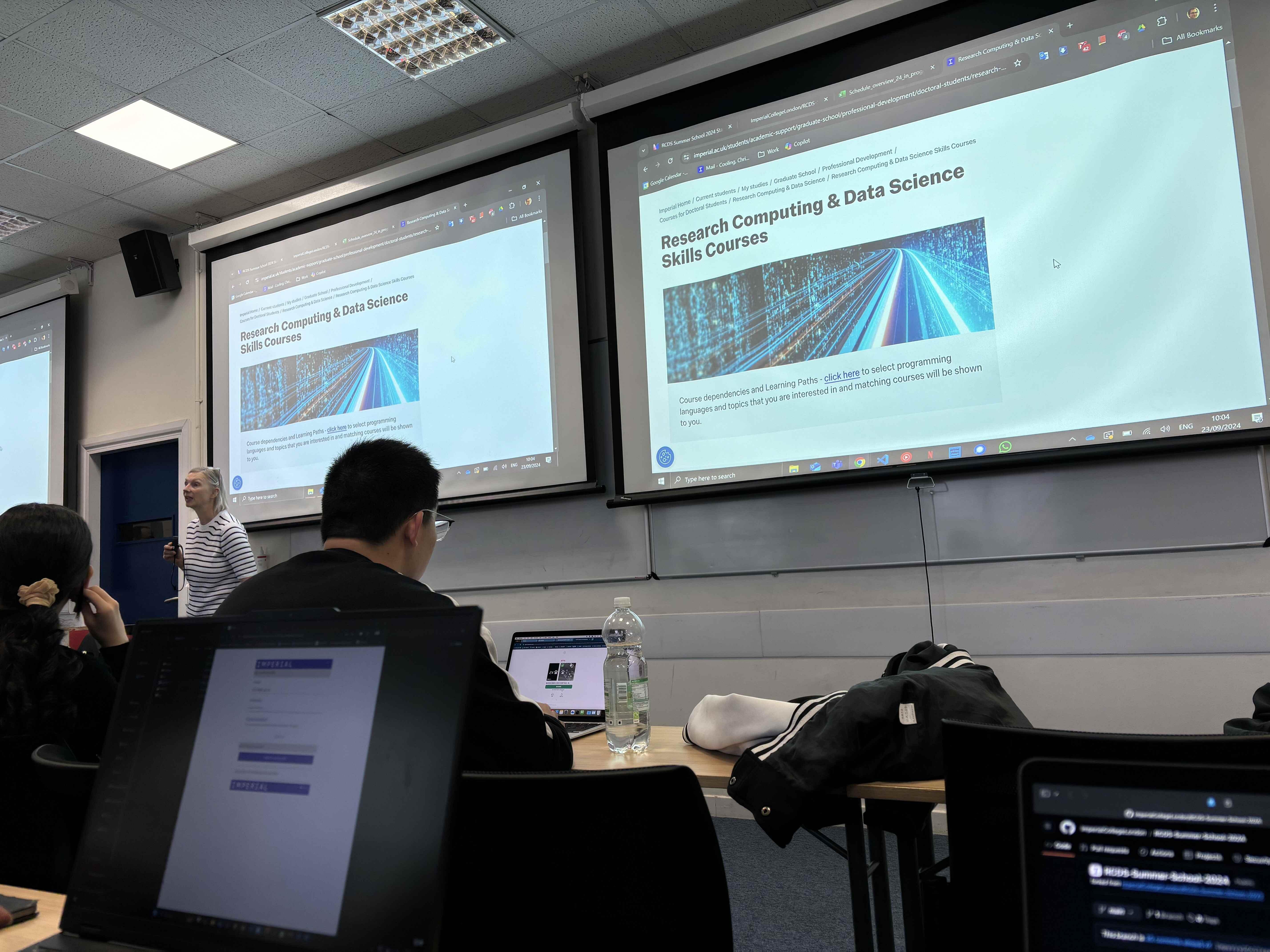
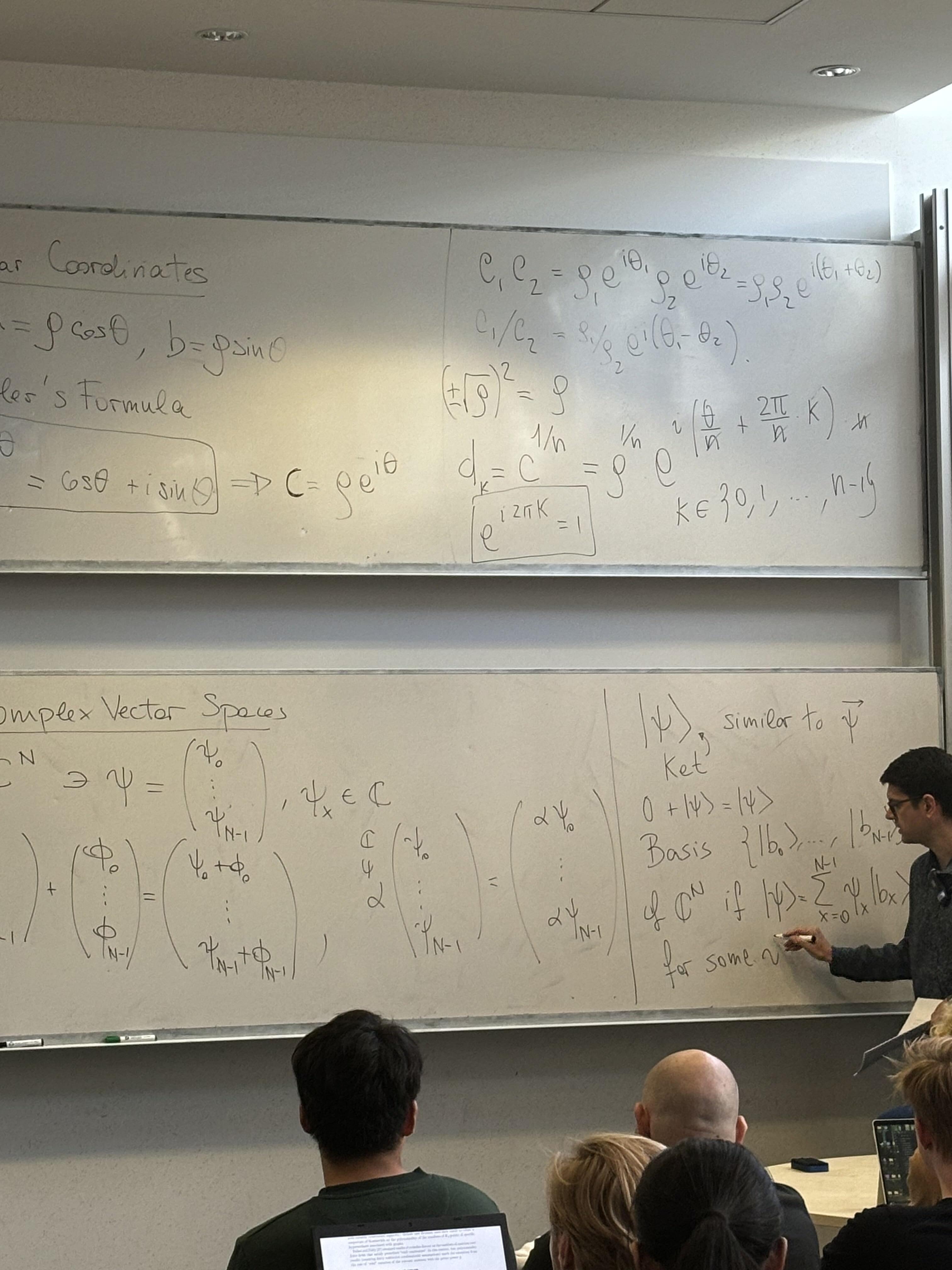
Likes
- Highly diverse with students from all over the world.
- Very efficient and knowledgeable faculty.
- The way in which course is conducted - mix of classes, assignments, group discussions, guests from different sectors etc
Dislikes
- Campus is not as big and fancy as Oxford or Cambridge.
- Not very helpful in getting campus placements.
- Not aware of there are proper programs for alumni engagement especially for the students from other countries than UK.
Scholarship
- Yes, as mentioned previously, I was awarded a Chevening Scholarship by UK government.
- Would recommend to go through - https://www.chevening.org/ for more information.
- This included Tuition fee, monthly stipend along with flight tickets from home country to place of education (in my case from Jaipur to London). In summary, my entire expenses were covered.
- Yes, a few others got other financial supports in terms of tuition fee waiver or college scholarships etc.
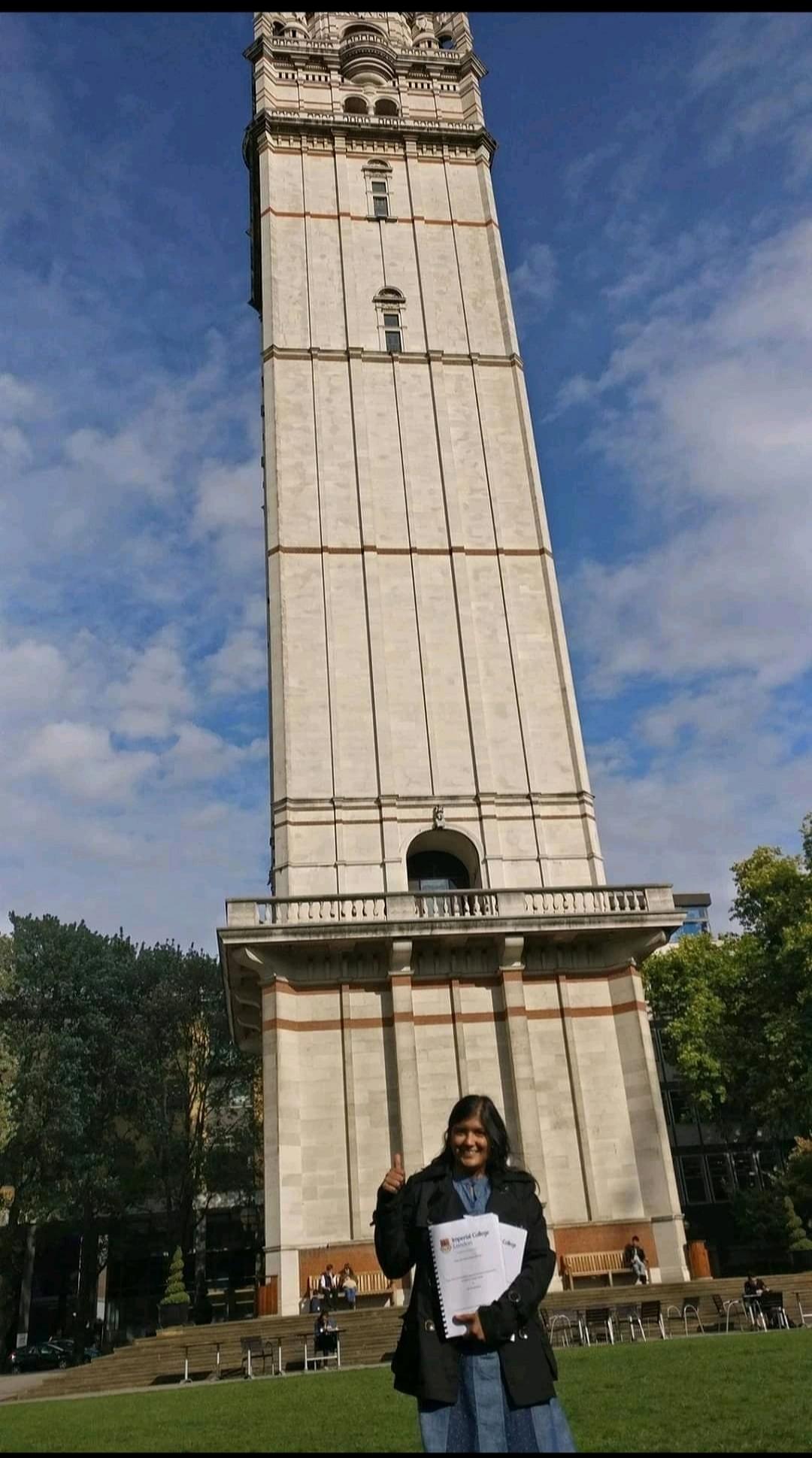
Likes
- Infrastructure
- Career fairs in which we got the opportunity to directly meet the CEO/higher authority of companies
- Cultural events
Dislikes
- Less interaction of student with teachers during classes
- Less options for vegetarian food
- Less options for foreigners
Scholarship
- Nope, I did not receive any scholarship.
- Yes 2 of them from my class received scholarships from a batch of 80 students.
- Only 5-10 students receive scholarships on a yearly base and it's a very specific scholarship.
- Only limited students get it and on very strict conditions. It's super hard to get one. And we have to apply for it early when the college applications starts.
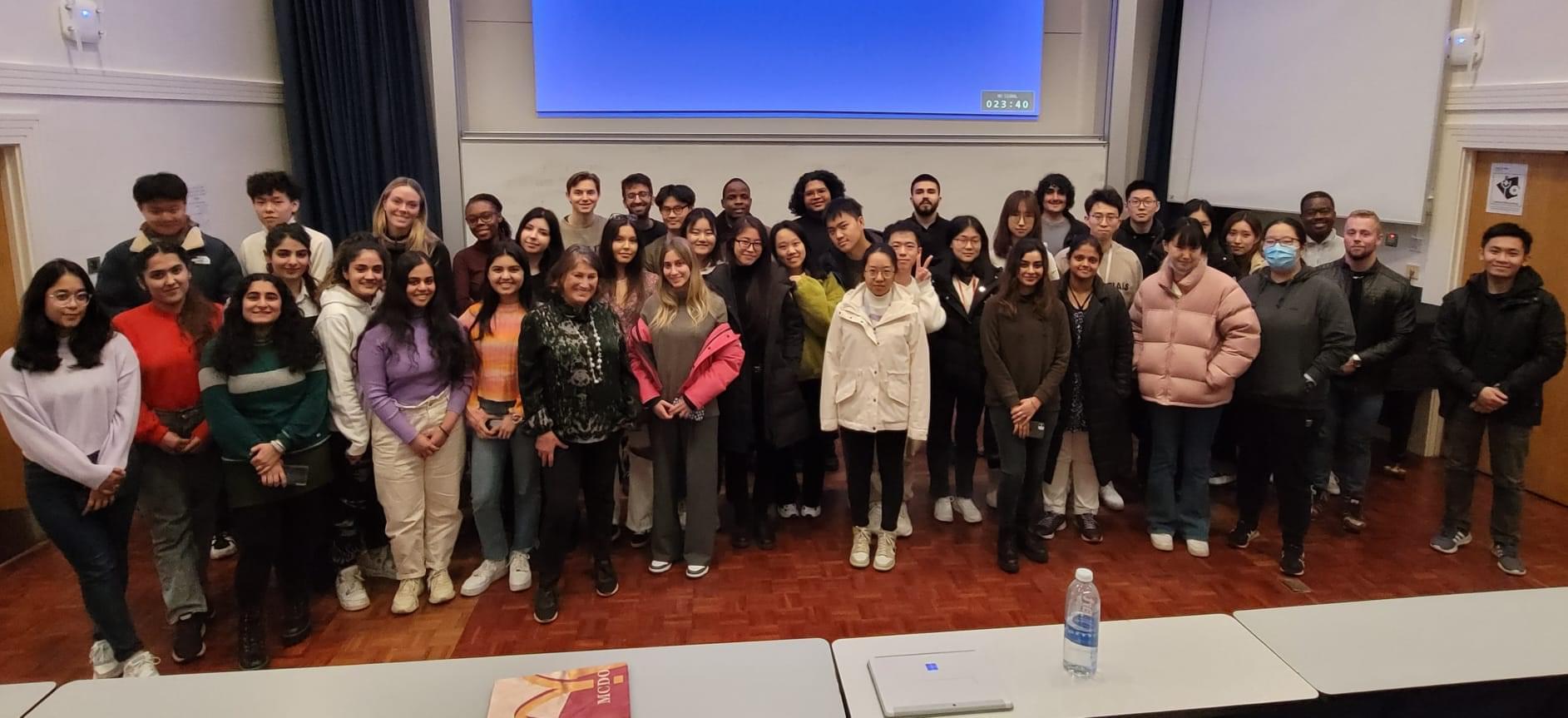
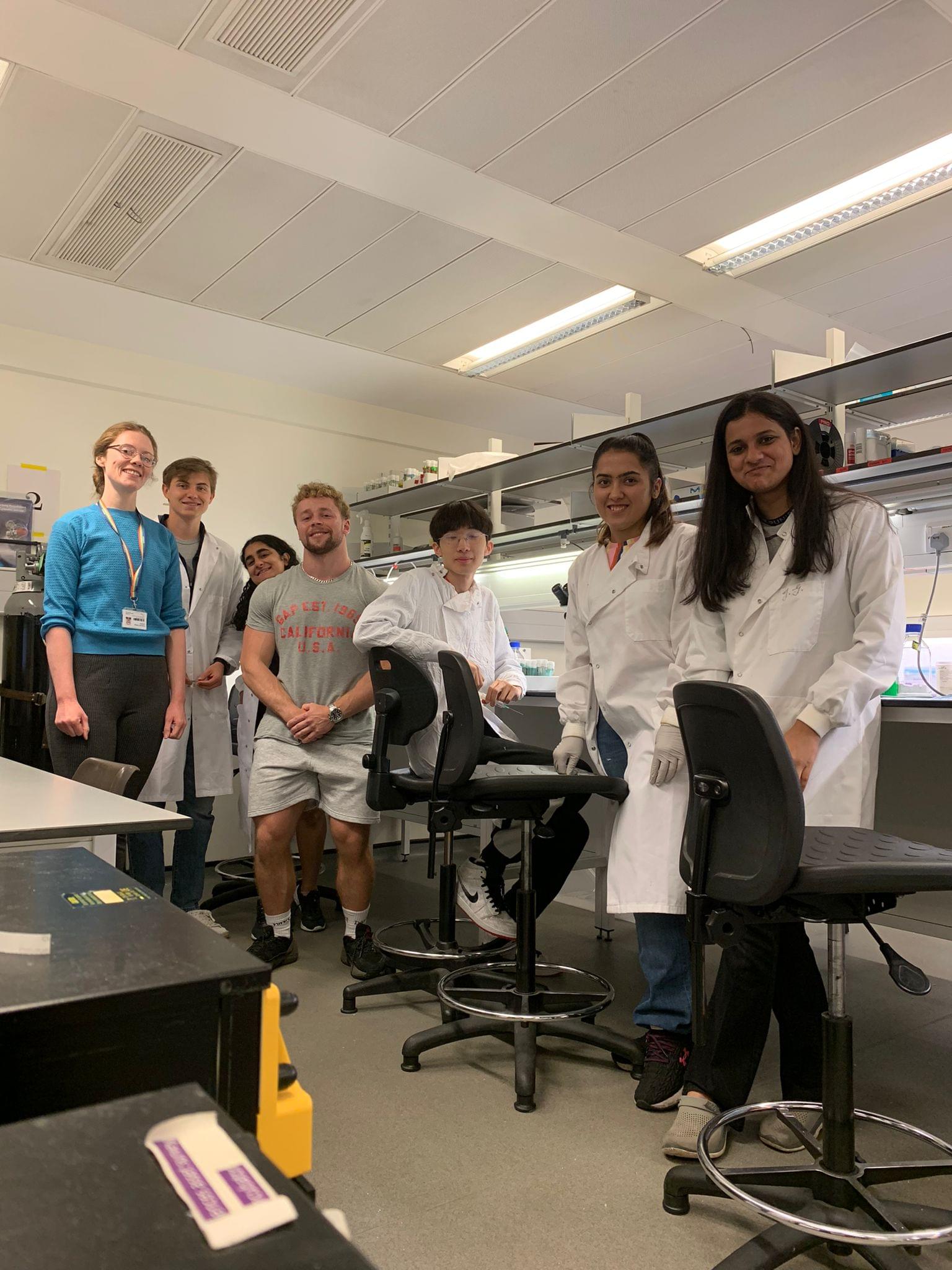
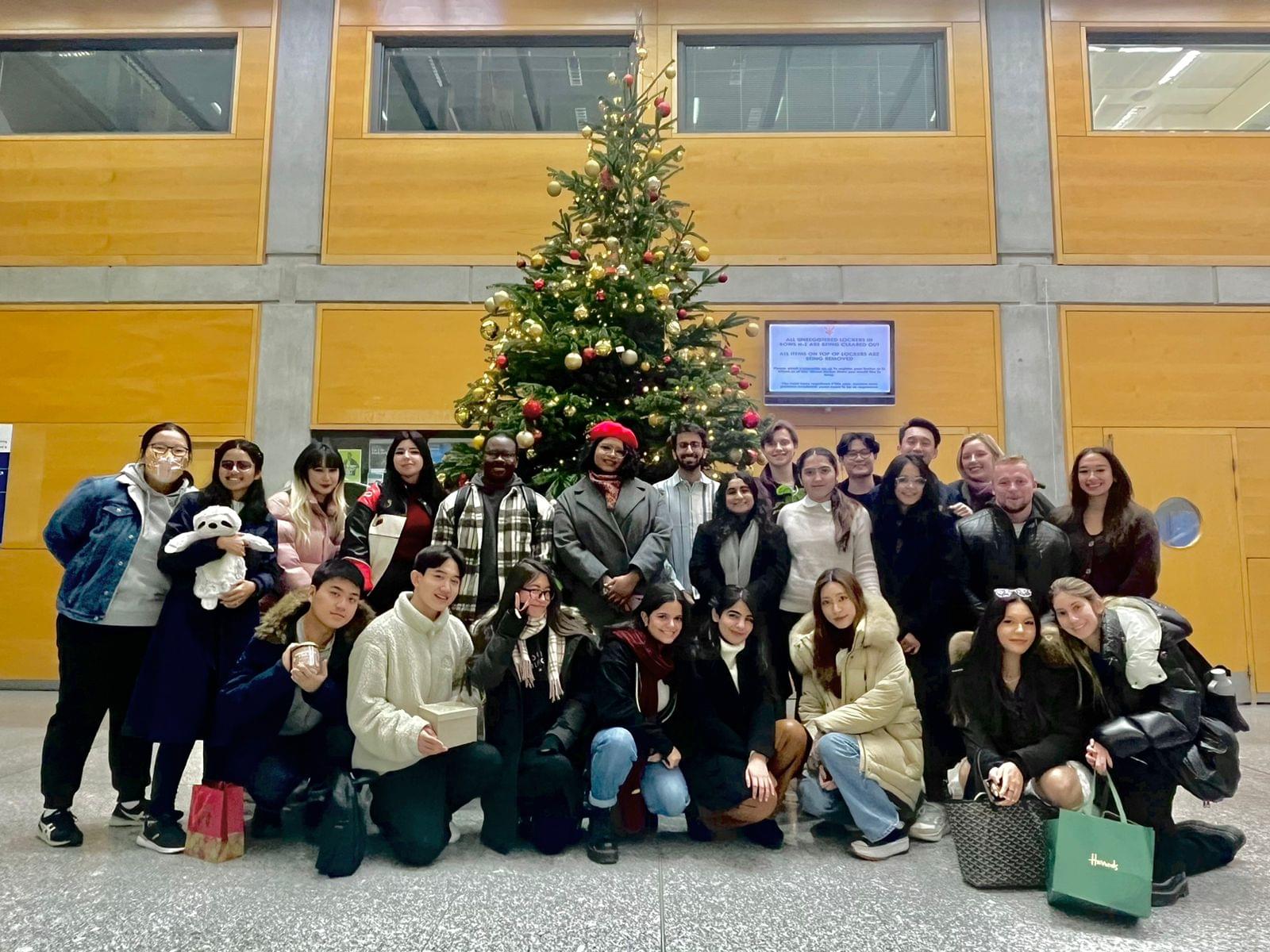

Likes
- I enjoyed my time at Imperial because of the different faculty members from all around the world. I thought going into a university that my faculty would only have a British outlook and not a global perspective but turned out that most faculty was from the US and other countries. This helped me connect more with the content.
- The students were mostly asian because of our vast population but people had studied outside of Asia which helped bring in a global perspective on the different skills and tasks we performed. I also liked the focus given to Equality, Diversity, and Inclusion.
Overview
I chose Imperial because of its ranking and because I wanted to gain experience in coding, which this course revolves around. I knew studying in MSc would help me position myself better in the market. I chose to come to this university because it is in one of the best parts of London and hence would be safe. The university is working towards sustainability and business plays a major role in this, this course had electives that fit well with what I want to do in the future like sustainable finance, fintech, analytics, banking, innovation and Python for finance. There were multiple career fairs and many alumni events that gave us exposure. They also held lots of social events in museums and Hyde Park to network with one another while also having a good time.
Likes
- Location, it's in Central London close to loads of museums and parks, a hub for culture and history
- Since Imperial is primarily a STEM uni even the business school is influenced by that, all our profs do a great job at keeping up with new tech and the course material is relevant.
- The course is evenly paced and doesn't get overwhelming.
Dislikes
- Huge cohort size, can be hard to stand out.
- London is an extremely expensive city. The visa restrictions and the current job market does't make getting a job easy.
Overview
I picked the university cause it was highly ranked globally and in my course. Additionally, the course structure covered all the topics I wanted to study and London was one of the top cities I was looking at and wanted to be in. My experience was great, met loads of interesting people and felt very intellectually stimulated.
















Comments